Mirage to Oasis
The year 2023 has marked itself as the hottest year in history. Global temperatures have soared to unprecedented levels. Climate scientists from the European Union, through the Copernicus Climate Change Service (C3S), reported that the average global temperature from January to October 2023 exceeded the previous record set in 2016. An increase of just 0.10 degrees Celsius has brought a profound shift in our understanding of weather and climate.
Yet, these figures are merely the surface of a far deeper story. El Niño, a weather phenomenon impacting the Pacific Ocean, has played a pivotal role in the climate change narrative of 2023. Like an invisible hand, El Niño warms the ocean’s surface, disrupts global weather patterns, and brings extreme temperatures to various regions. This year, El Niño has not only highlighted a natural occurrence but also underscored larger, more troubling shifts in our climate.
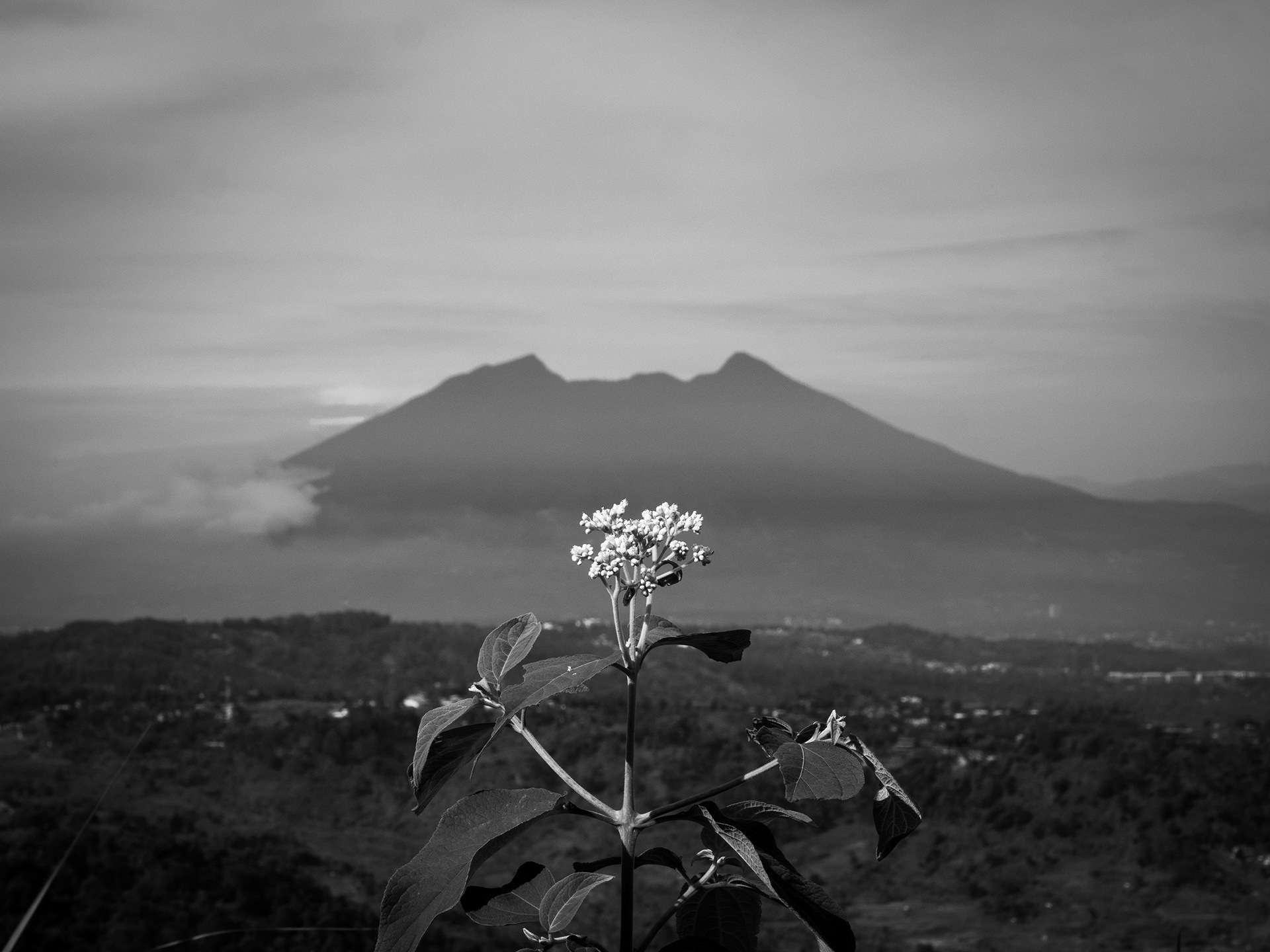

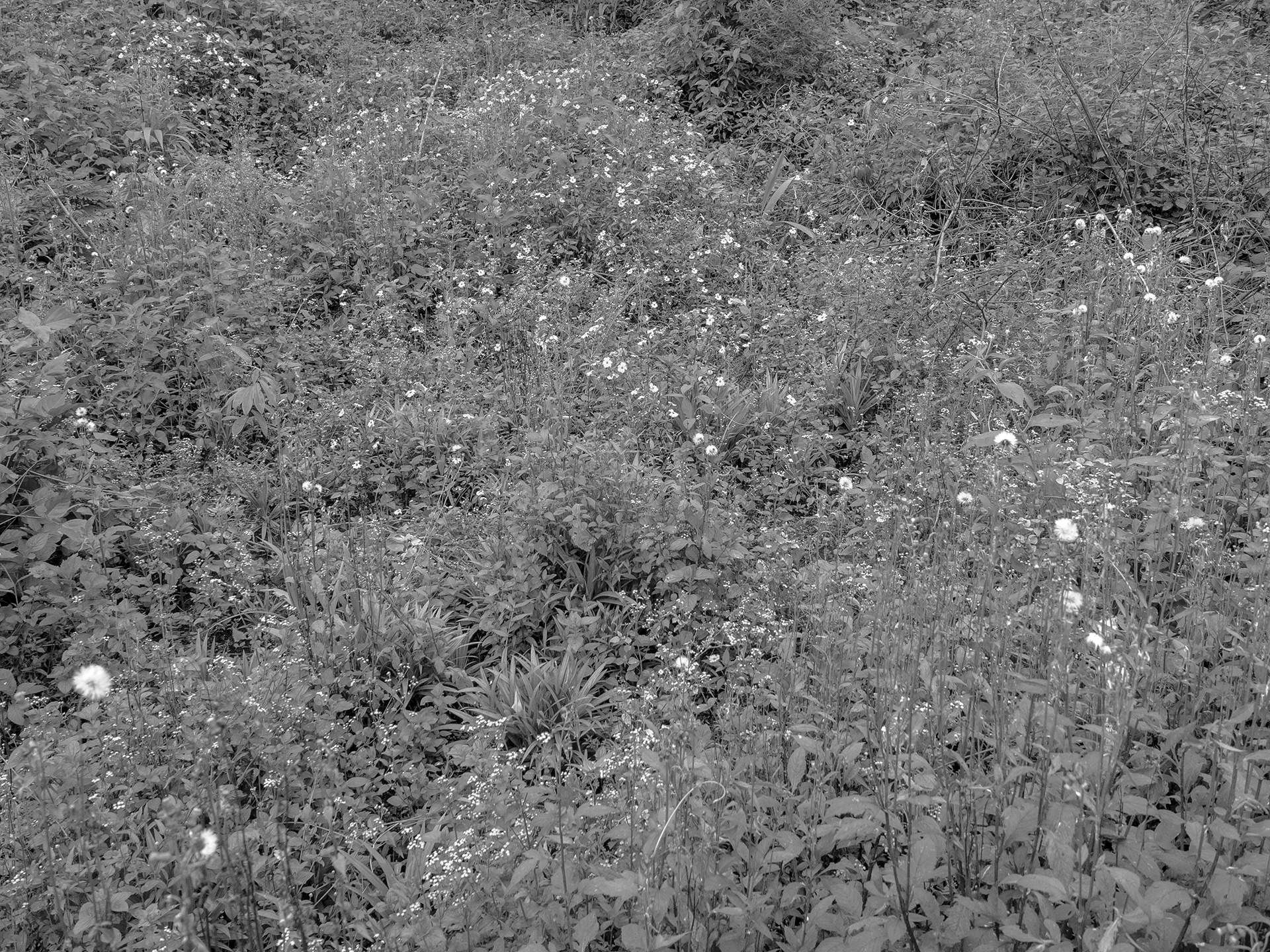
In Indonesia, the effects of El Niño have been alarmingly tangible. October 2023 marked the peak of drought in the southern hemisphere, with rainfall - the lifeblood of the land - disappearing and leaving the ground parched and cracked. West Java province has been particularly hard hit, experiencing 50 drought incidents in a brief period. In Bogor Regency, the situation is even more dire, with over 100,000 people grappling with a severe water crisis.
A poignant chapter in this broader narrative unfolds in Dusun Cimandala, Karang Tengah Village, Babakan Madang Subdistrict. Here, more than 500 households face the harsh reality of clean water scarcity - a stark contrast to what was once an everyday resource. They struggle daily to secure water, clinging to the hope of rain that remains elusive.
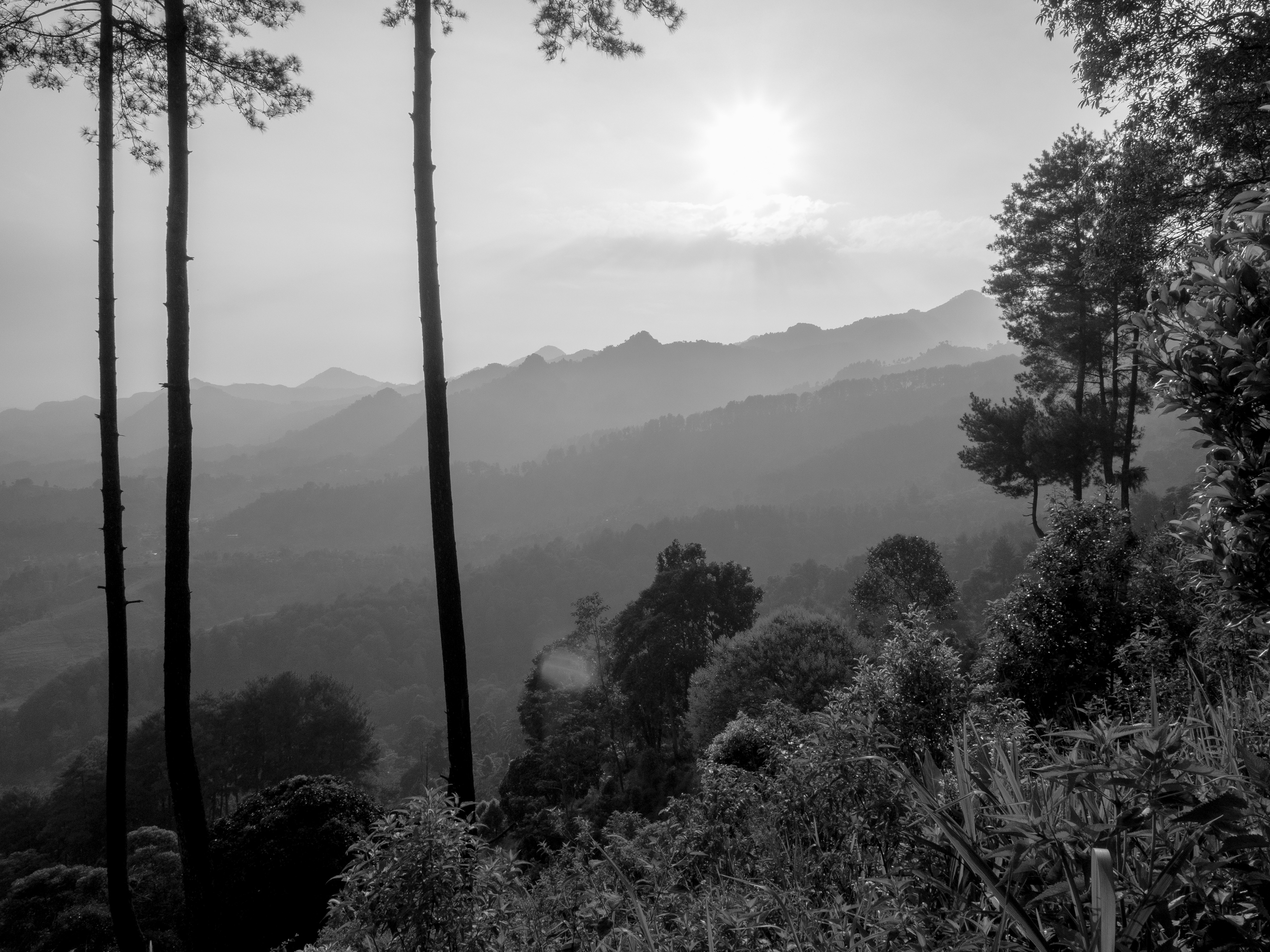
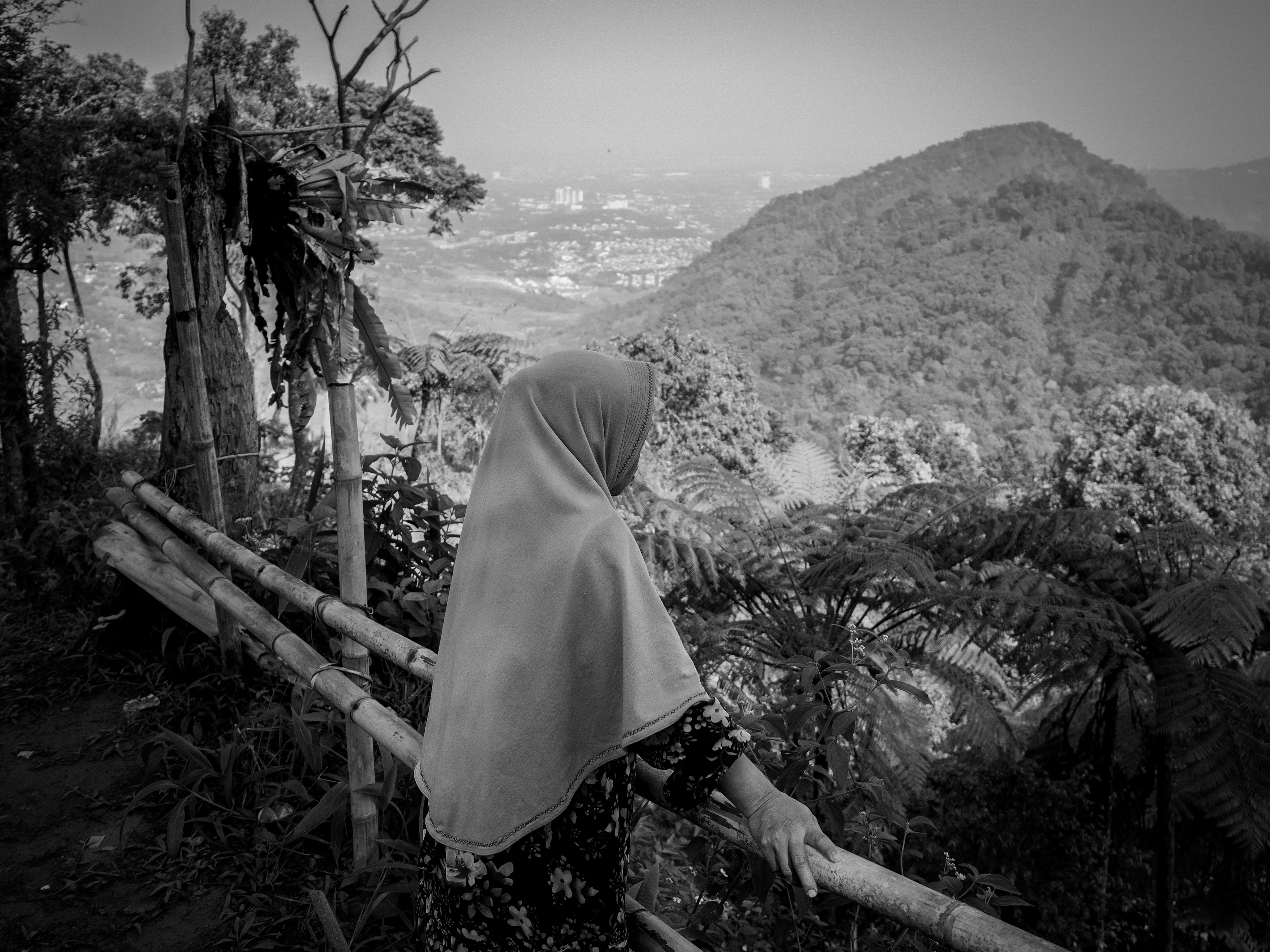
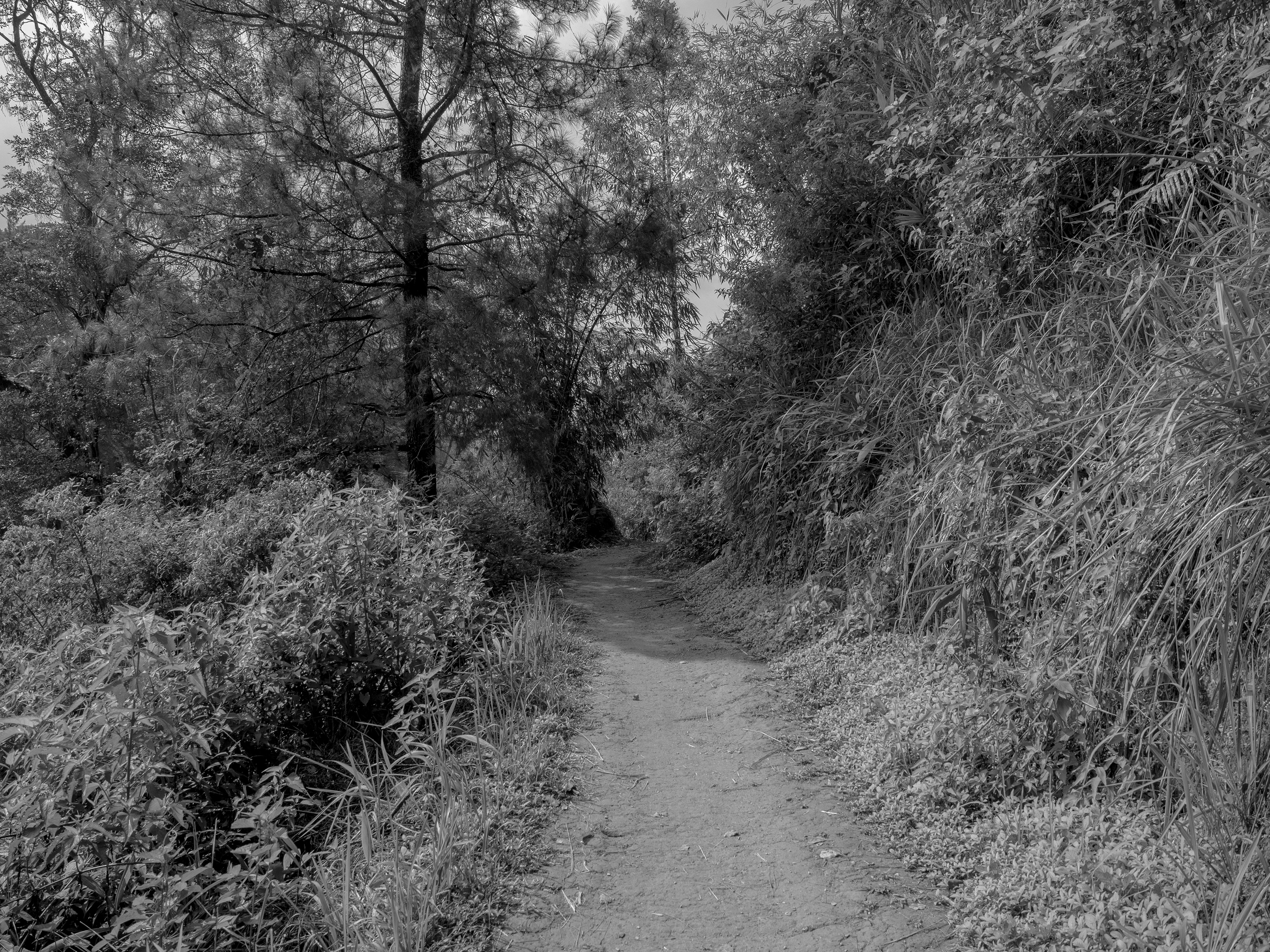
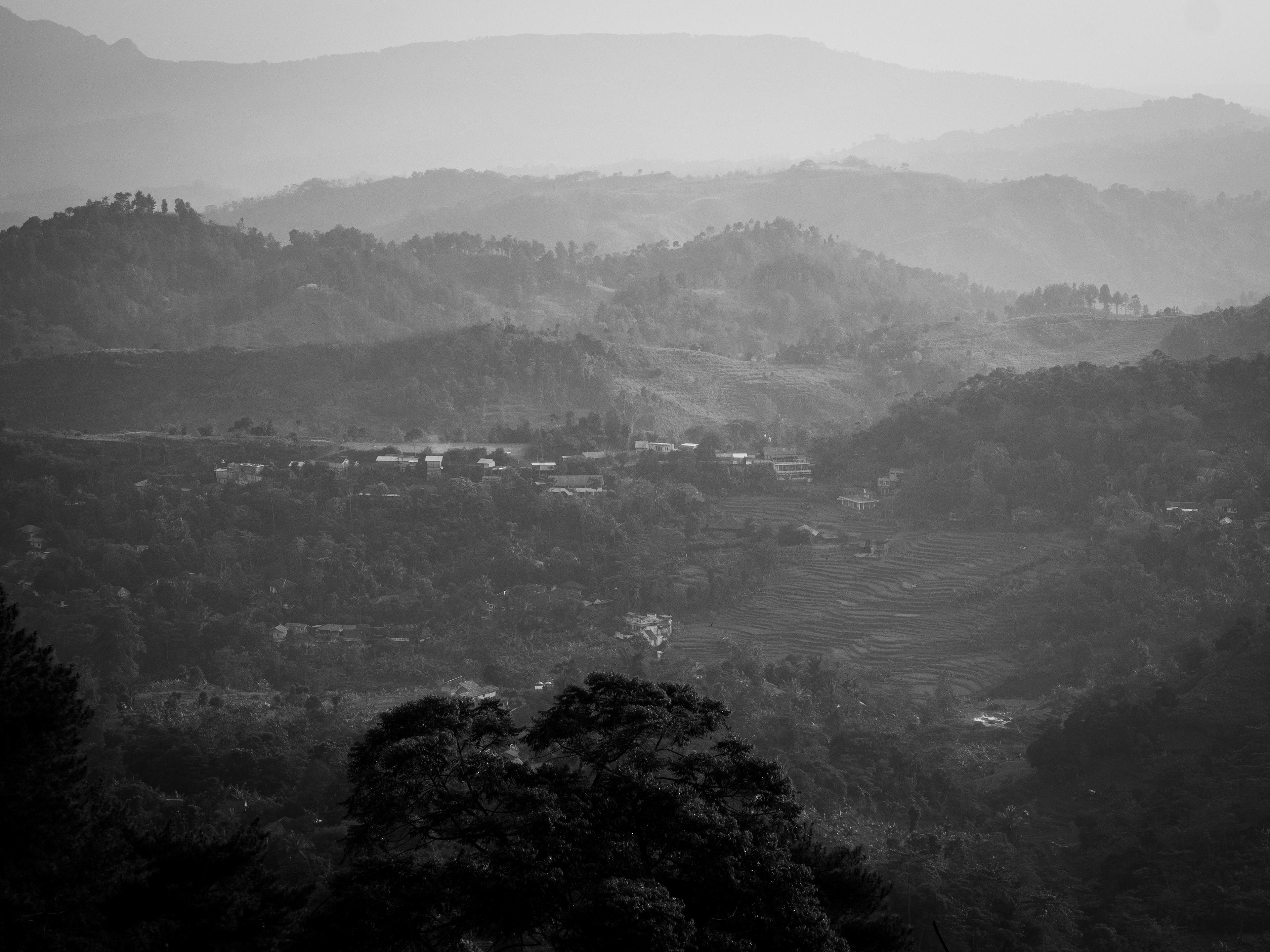
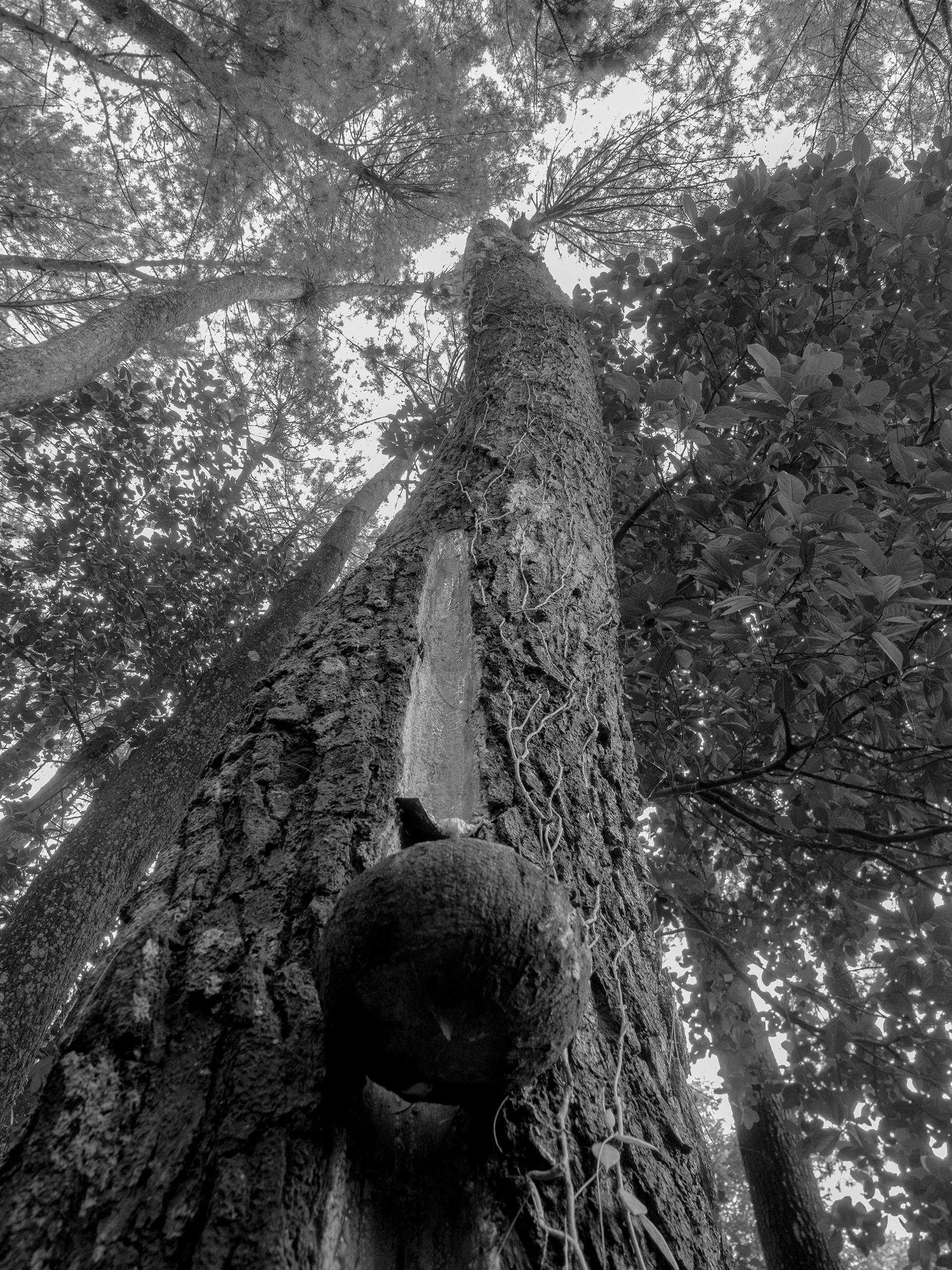
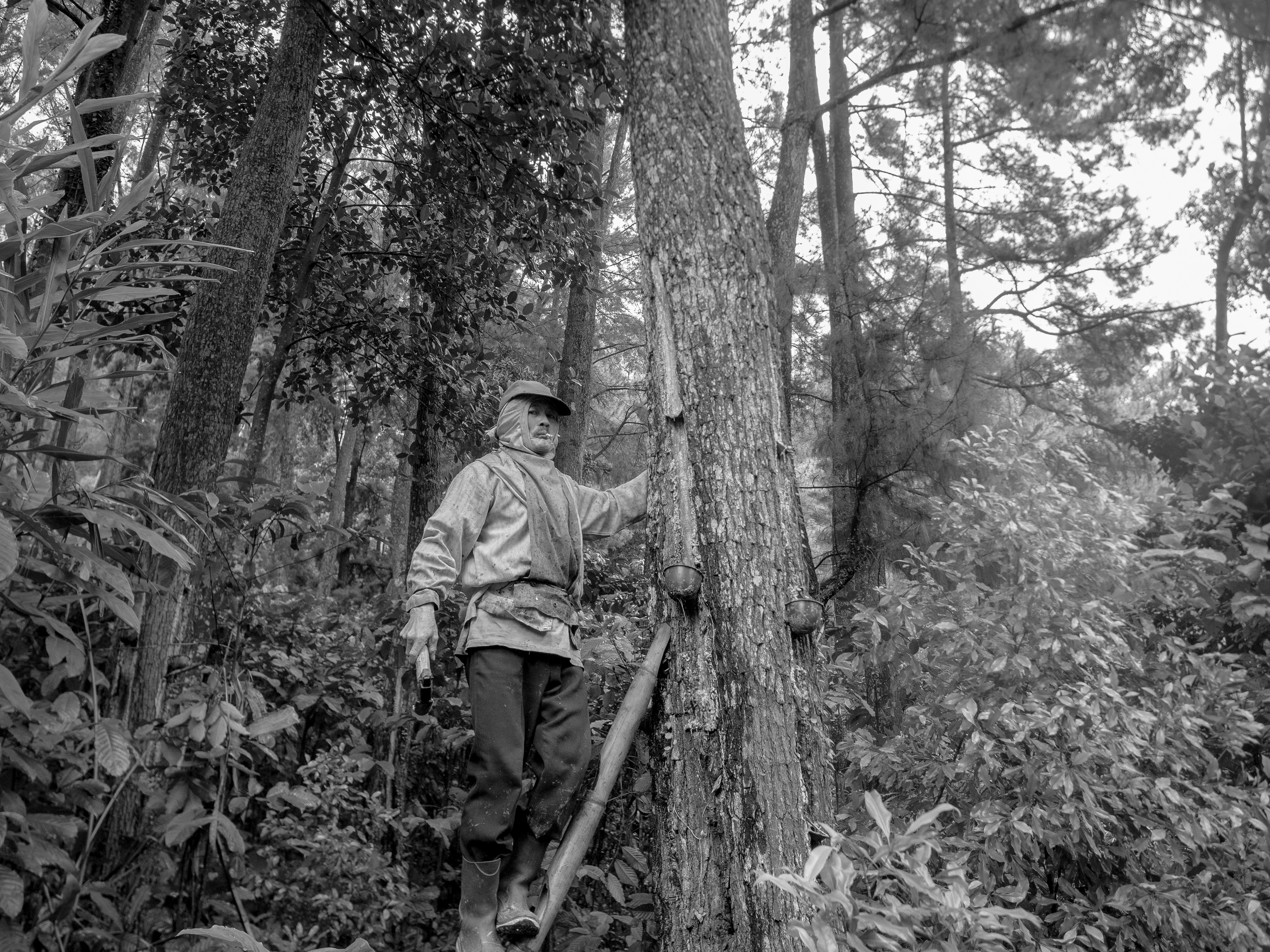
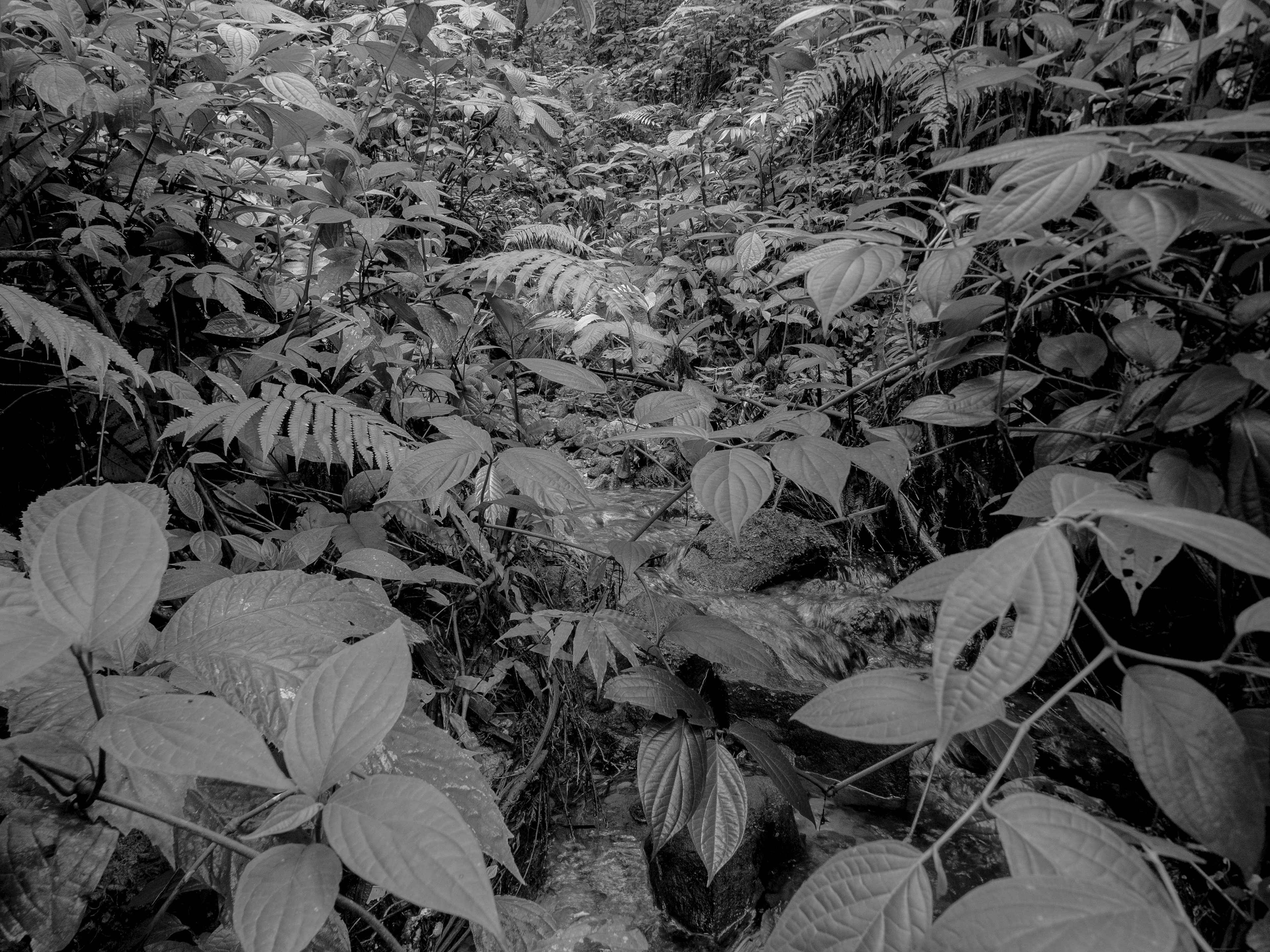
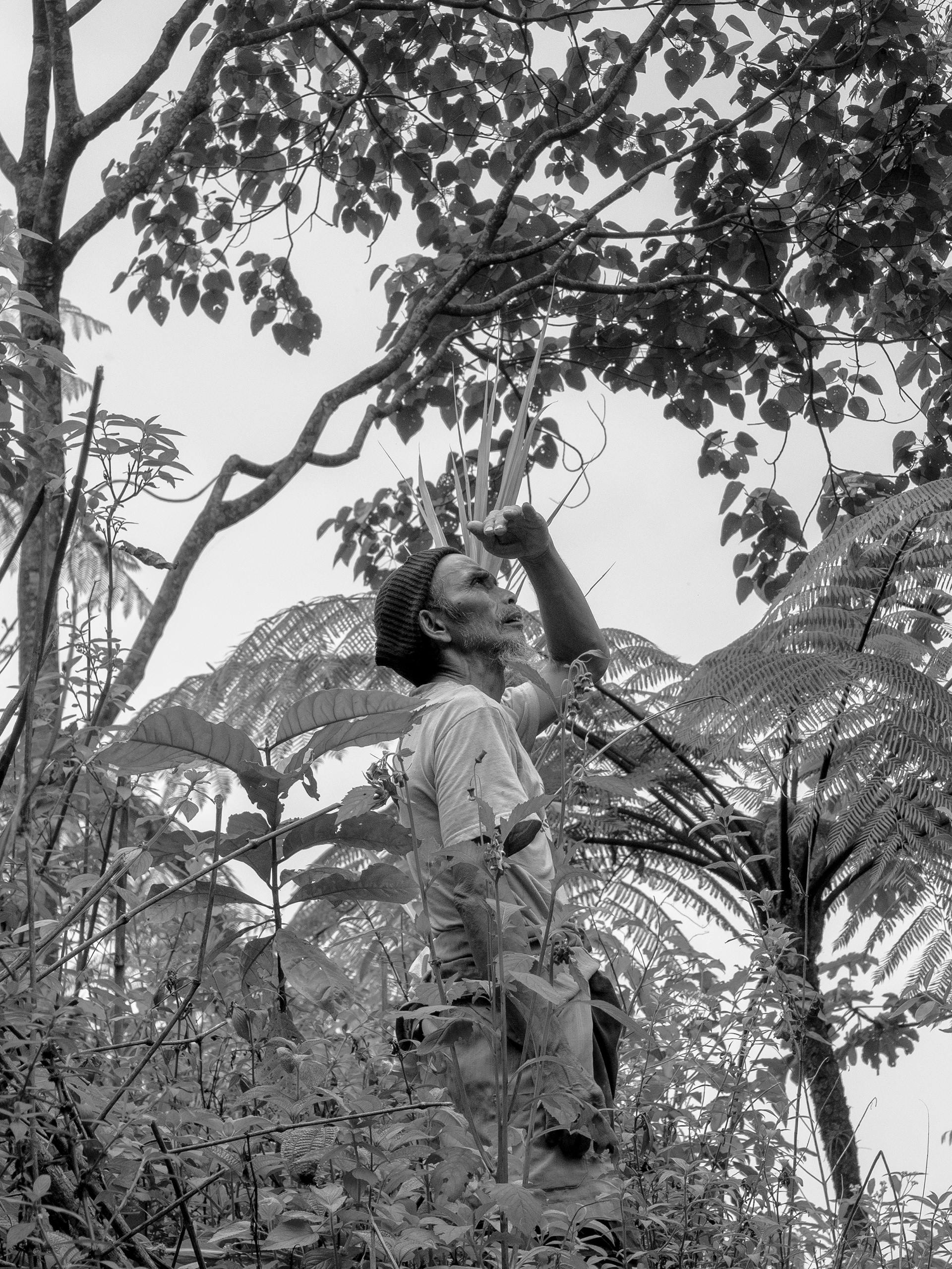
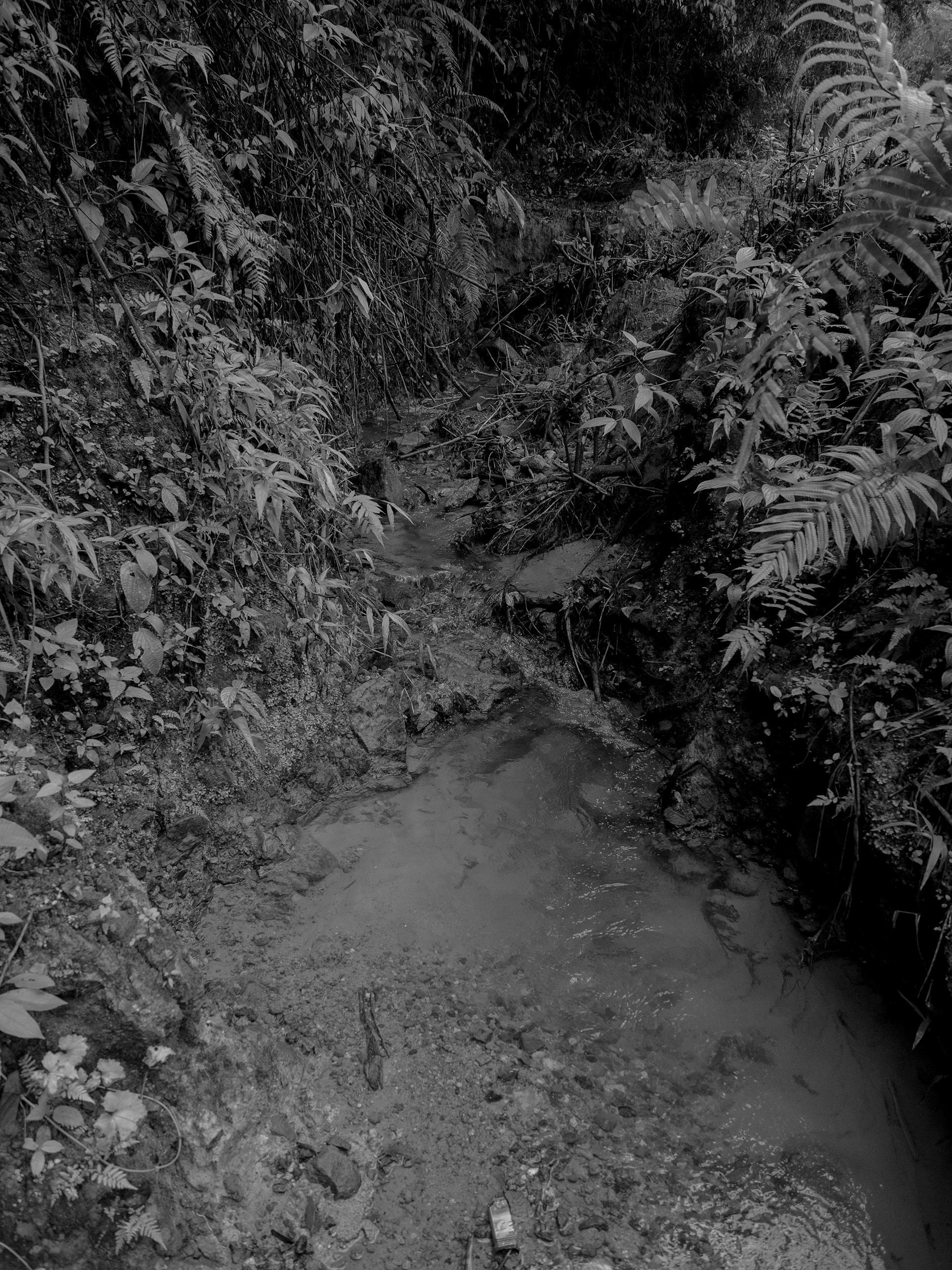
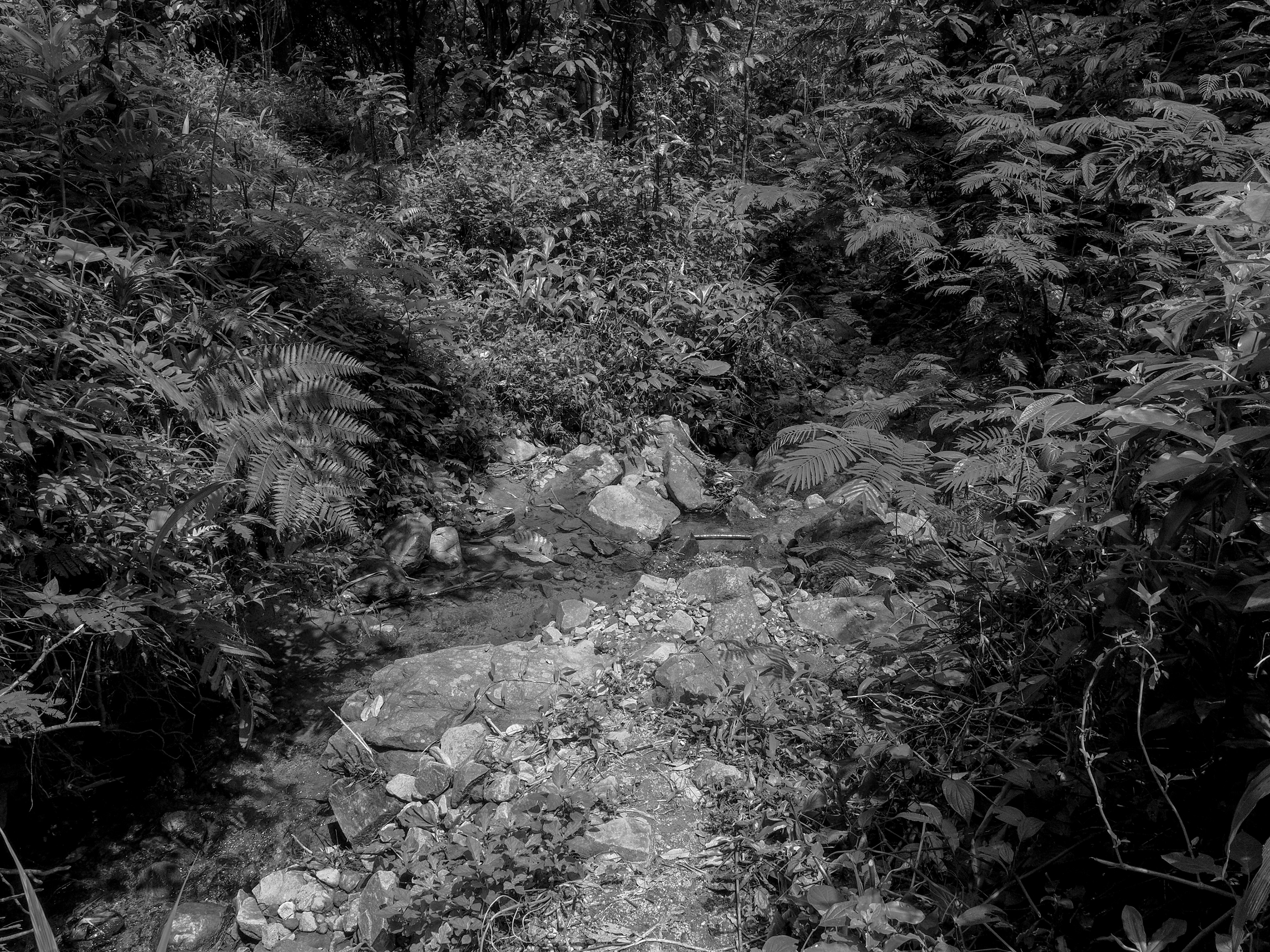
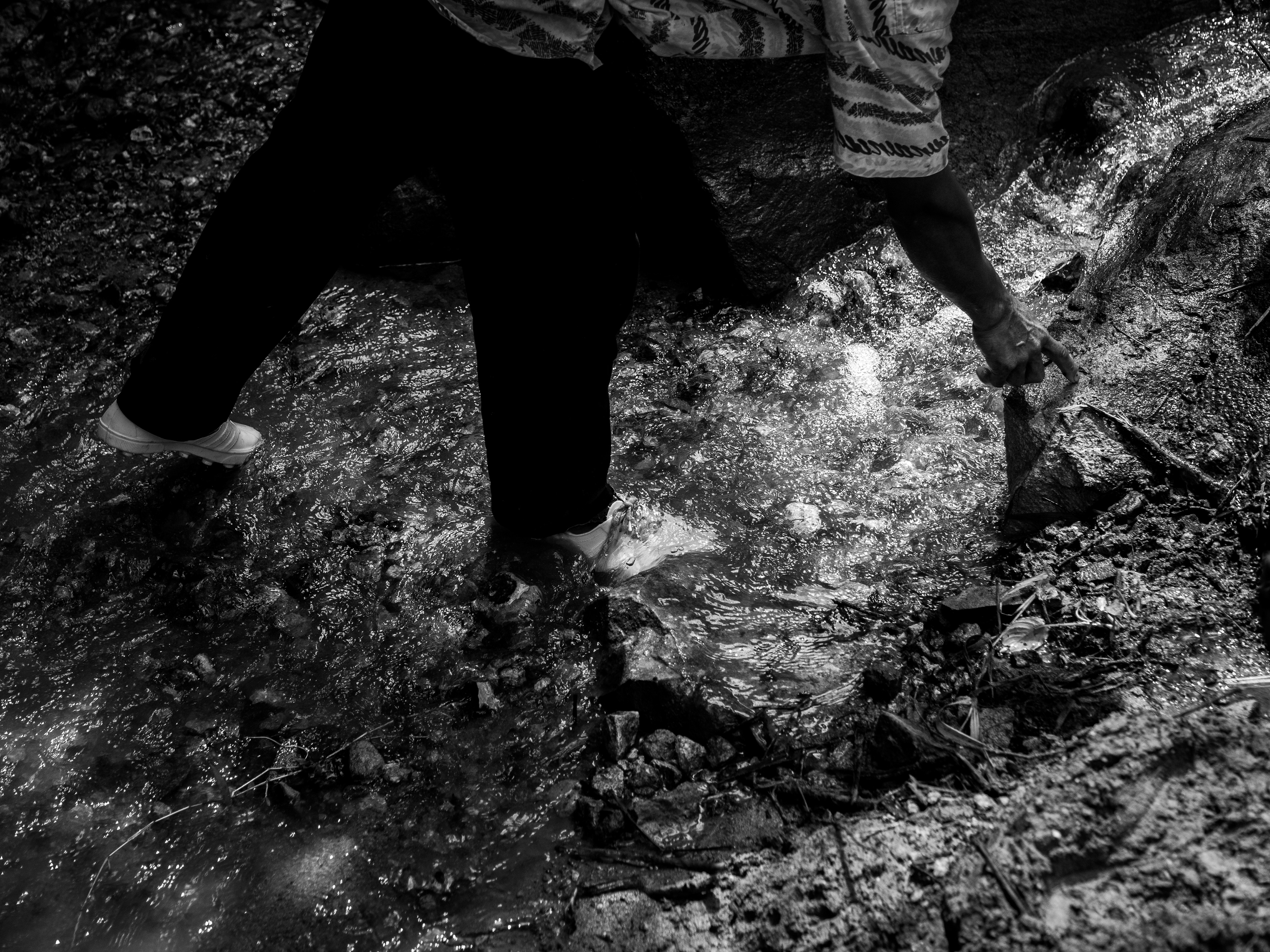
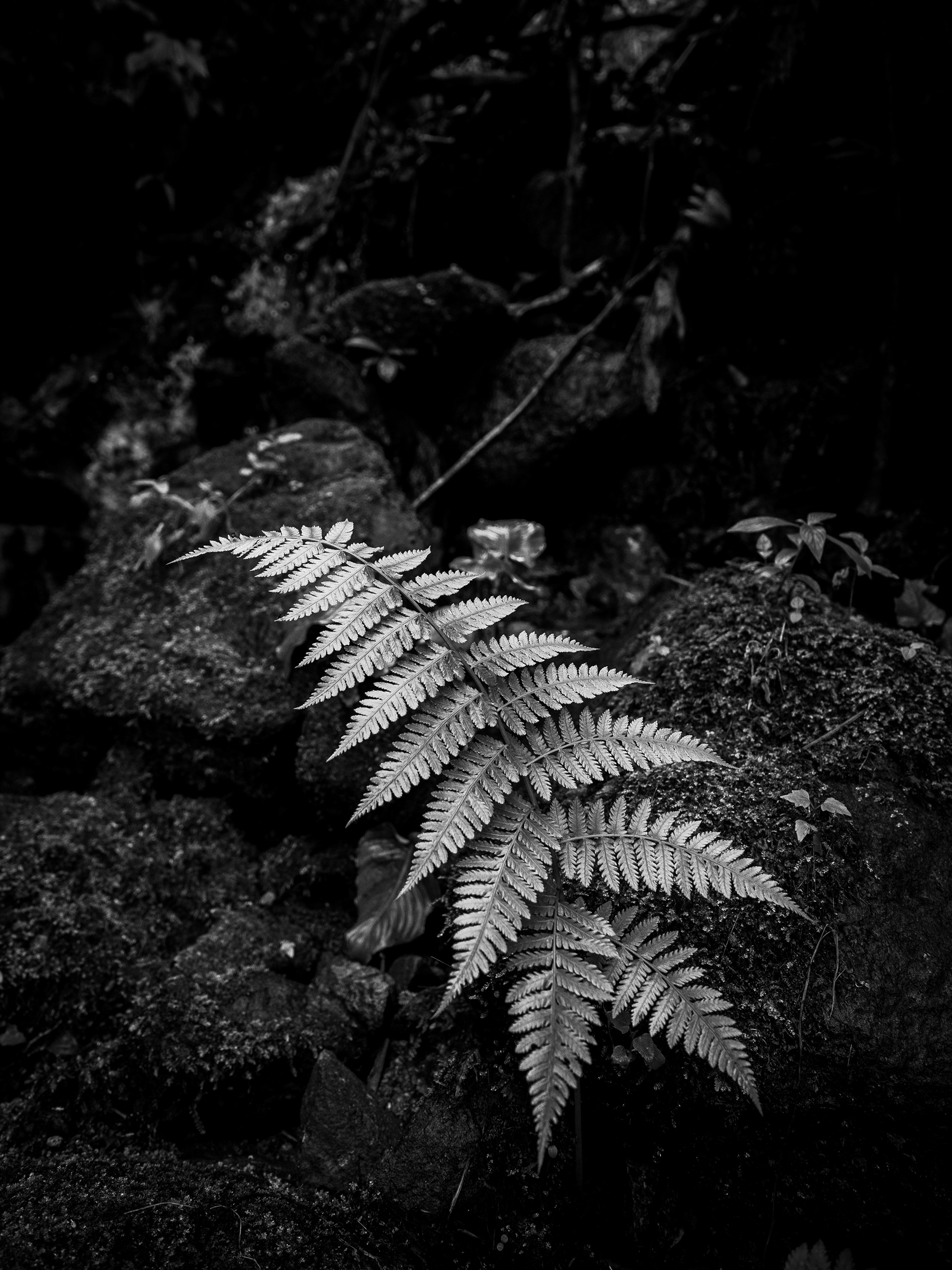
Madi, the local neighborhood chief, shared the community’s struggle:
"Some of our residents have to queue with hundreds of neighbors just to get water from the drying well. Meanwhile, others are forced to use the remaining dirty river water for their daily needs, whether for drinking or bathing."
For seven months, from November 2023 to May 2024, I was assigned by Habitat for Humanity Indonesia to capture the extraordinary efforts in building clean water access facilities in Cimandala. This project was not only a response to the immediate water crisis but also a crucial measure to prevent future droughts.
Habitat Indonesia empowered dozens of local residents to come together and construct these vital facilities. They worked on damming four springs, building a reservoir in the Paniisan mountains, and laying down pipes to ensure clean water reached over 500 households.
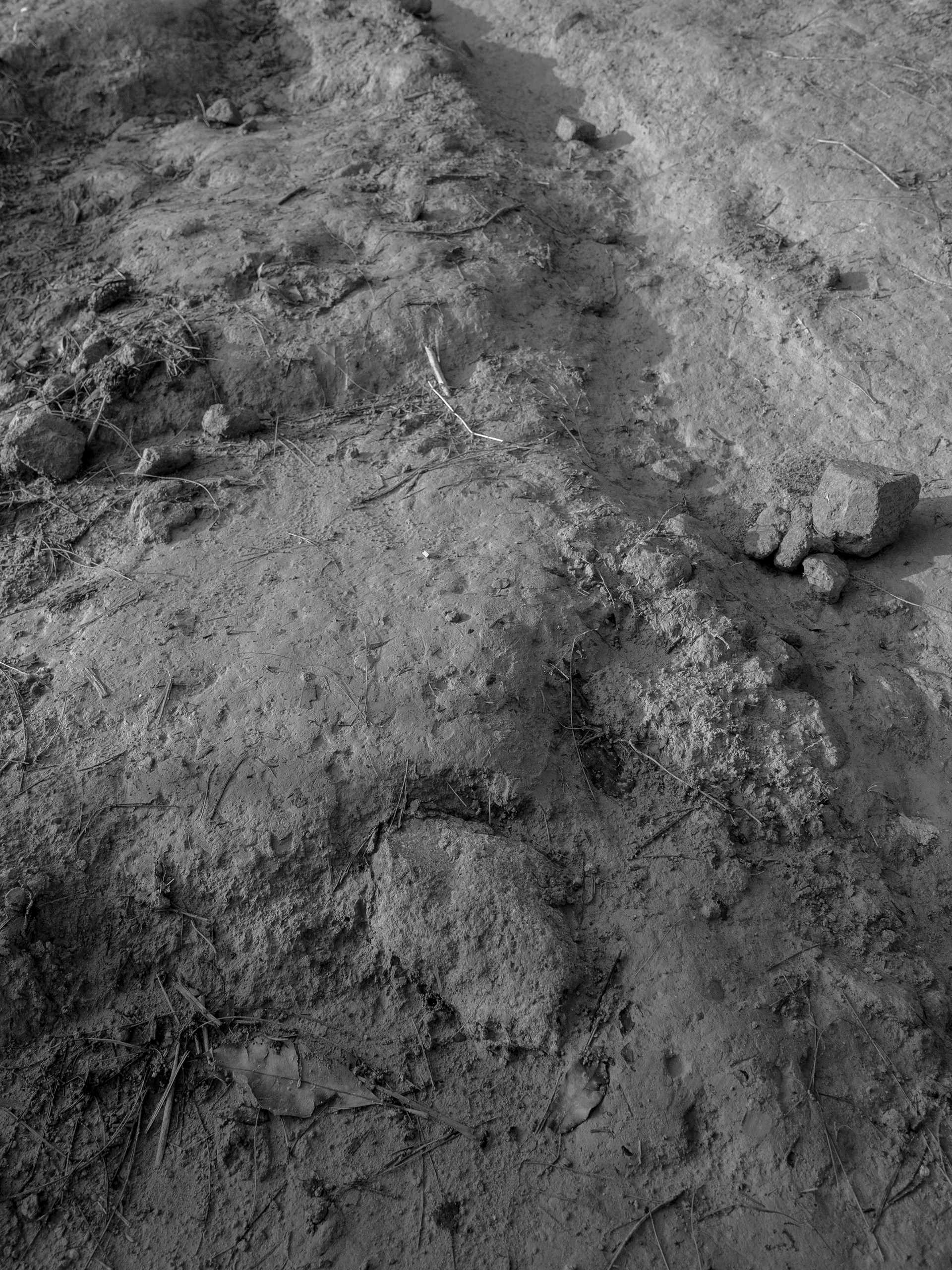
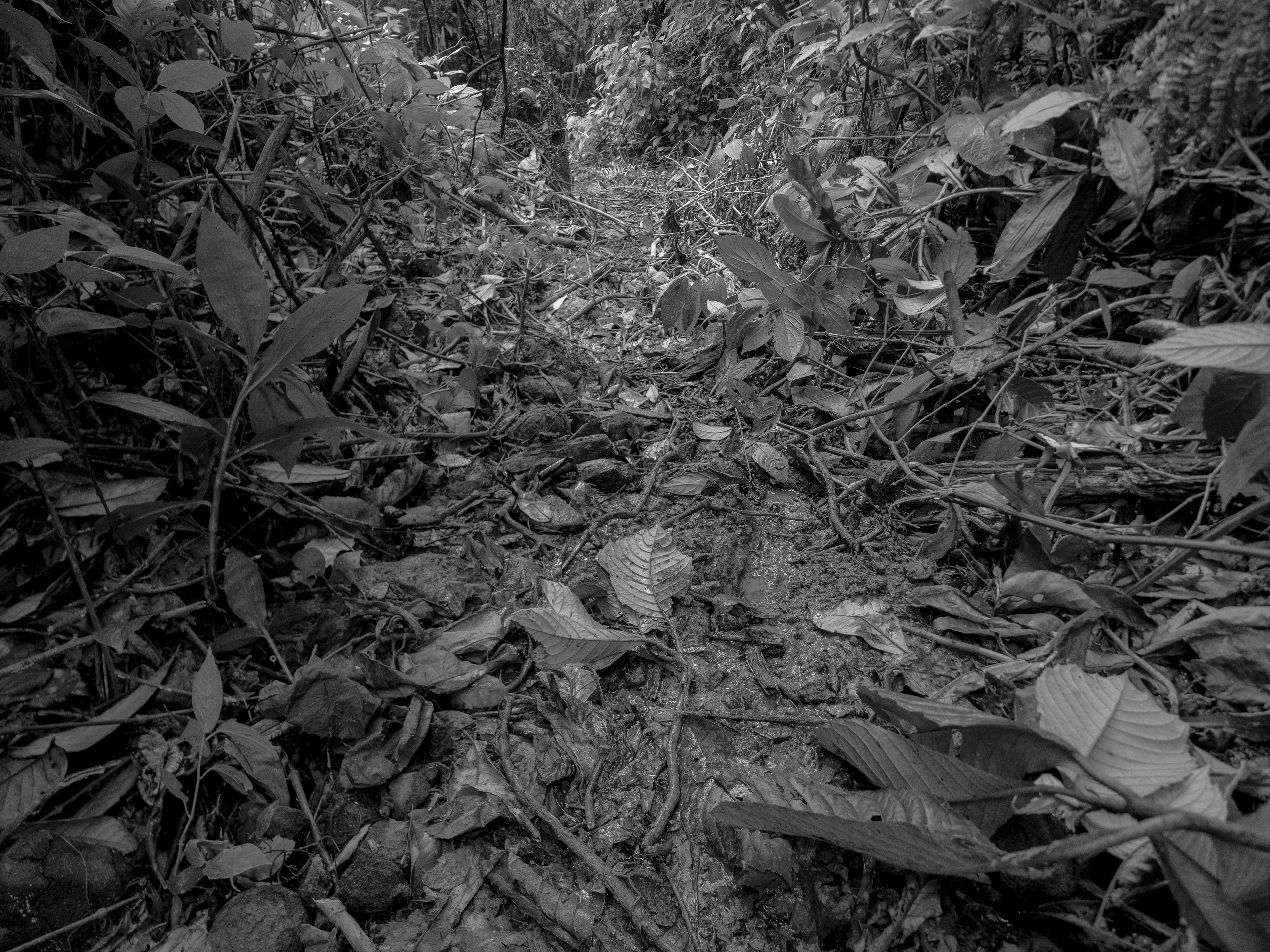

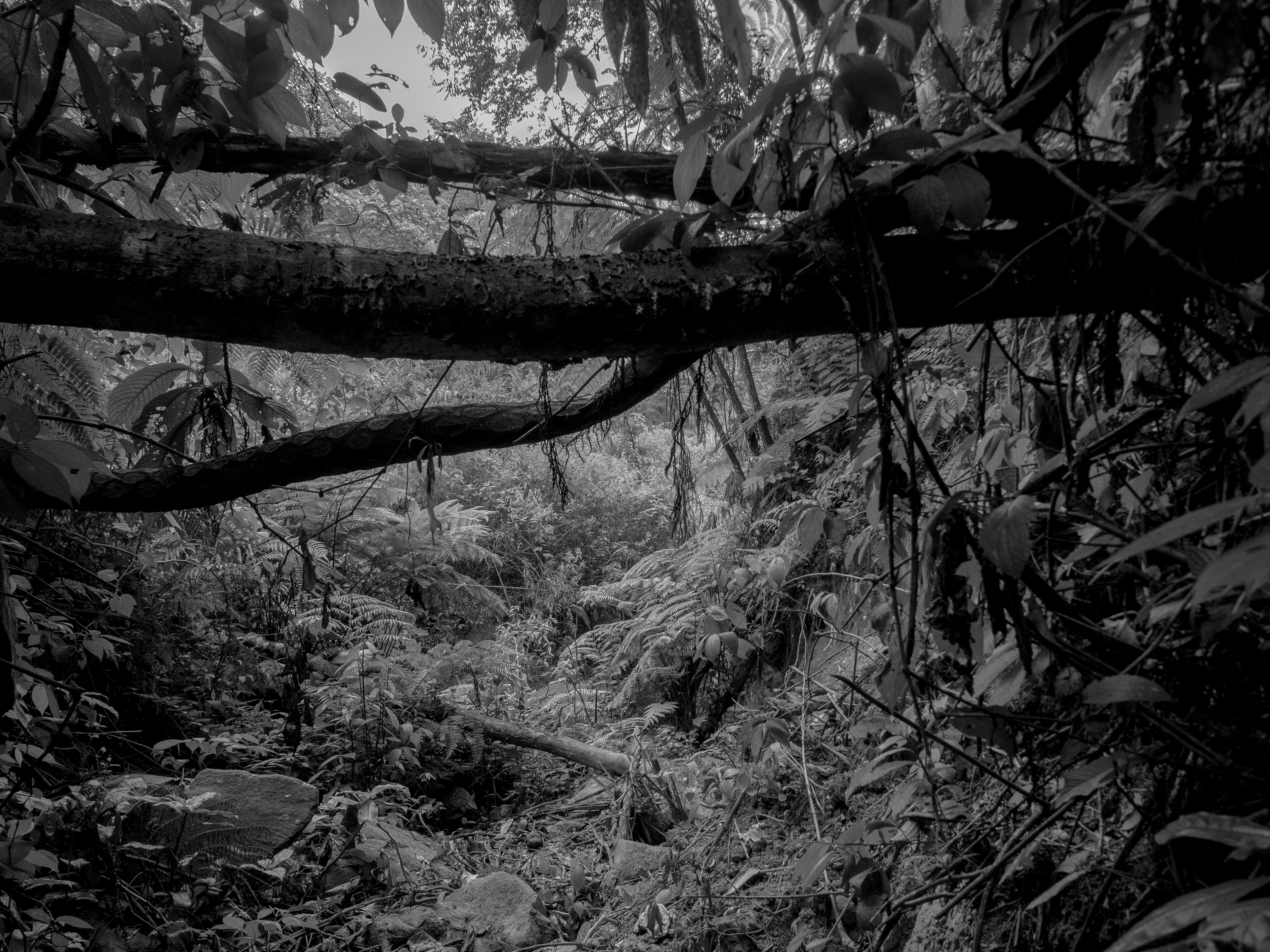
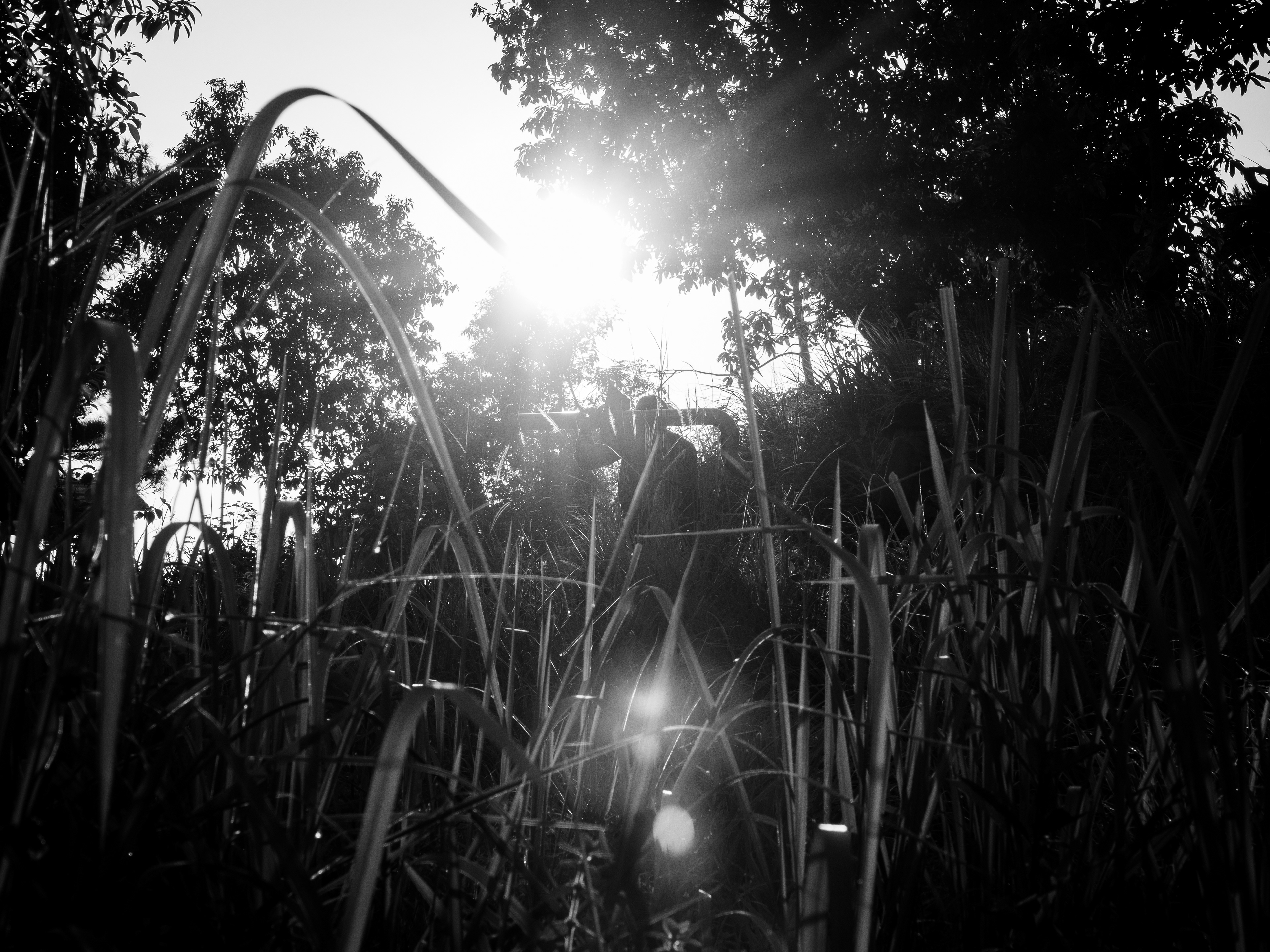
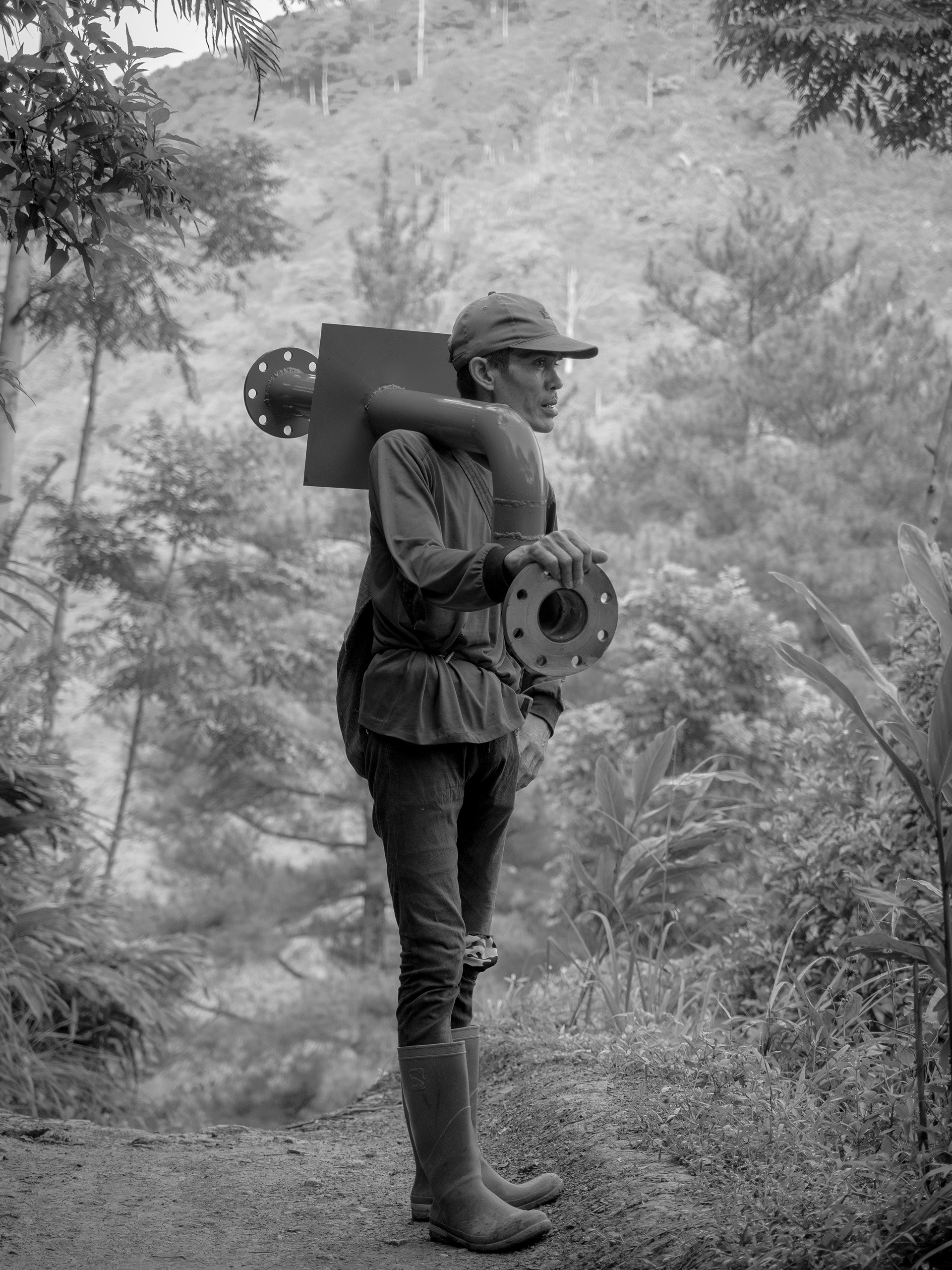
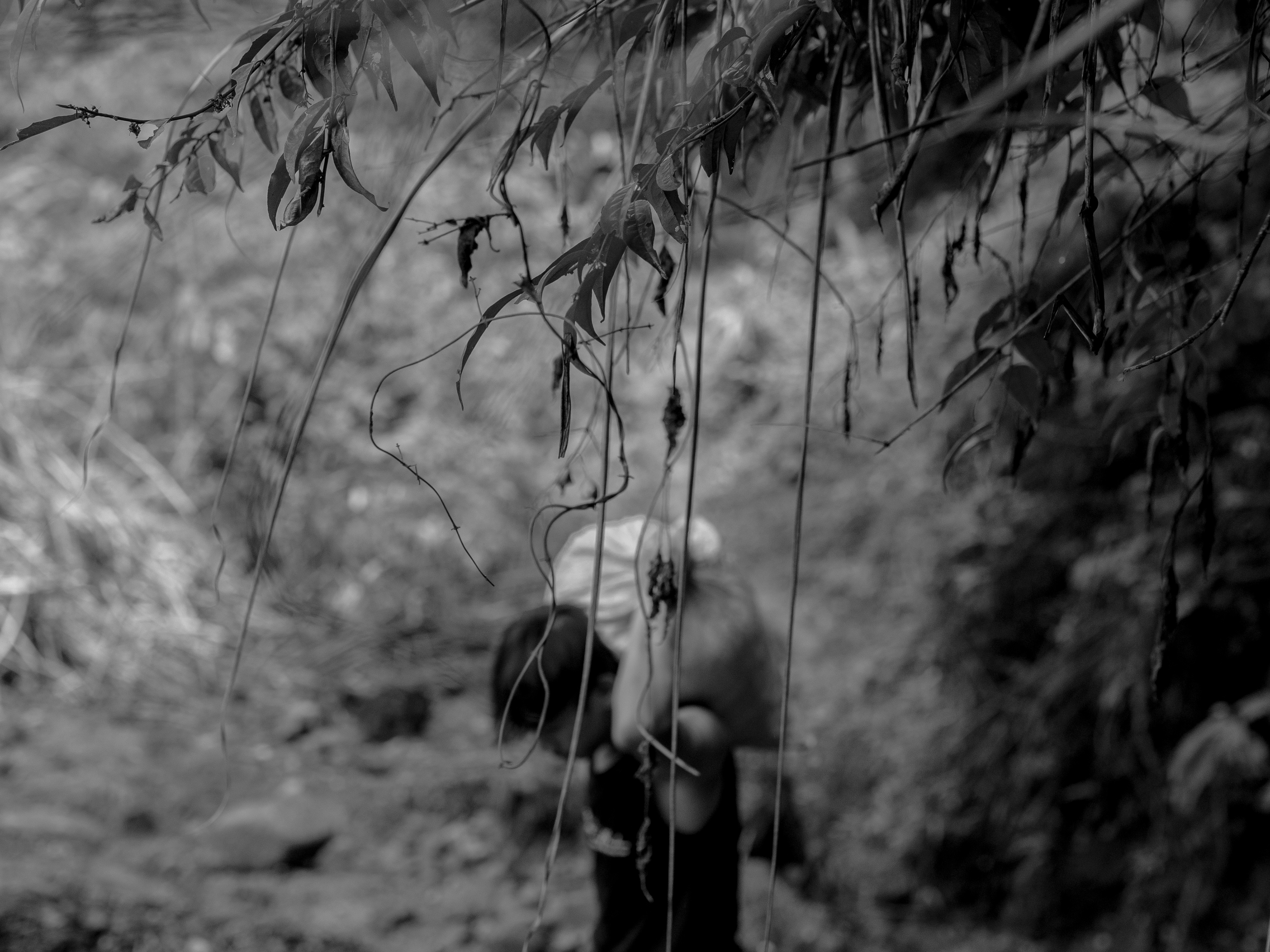
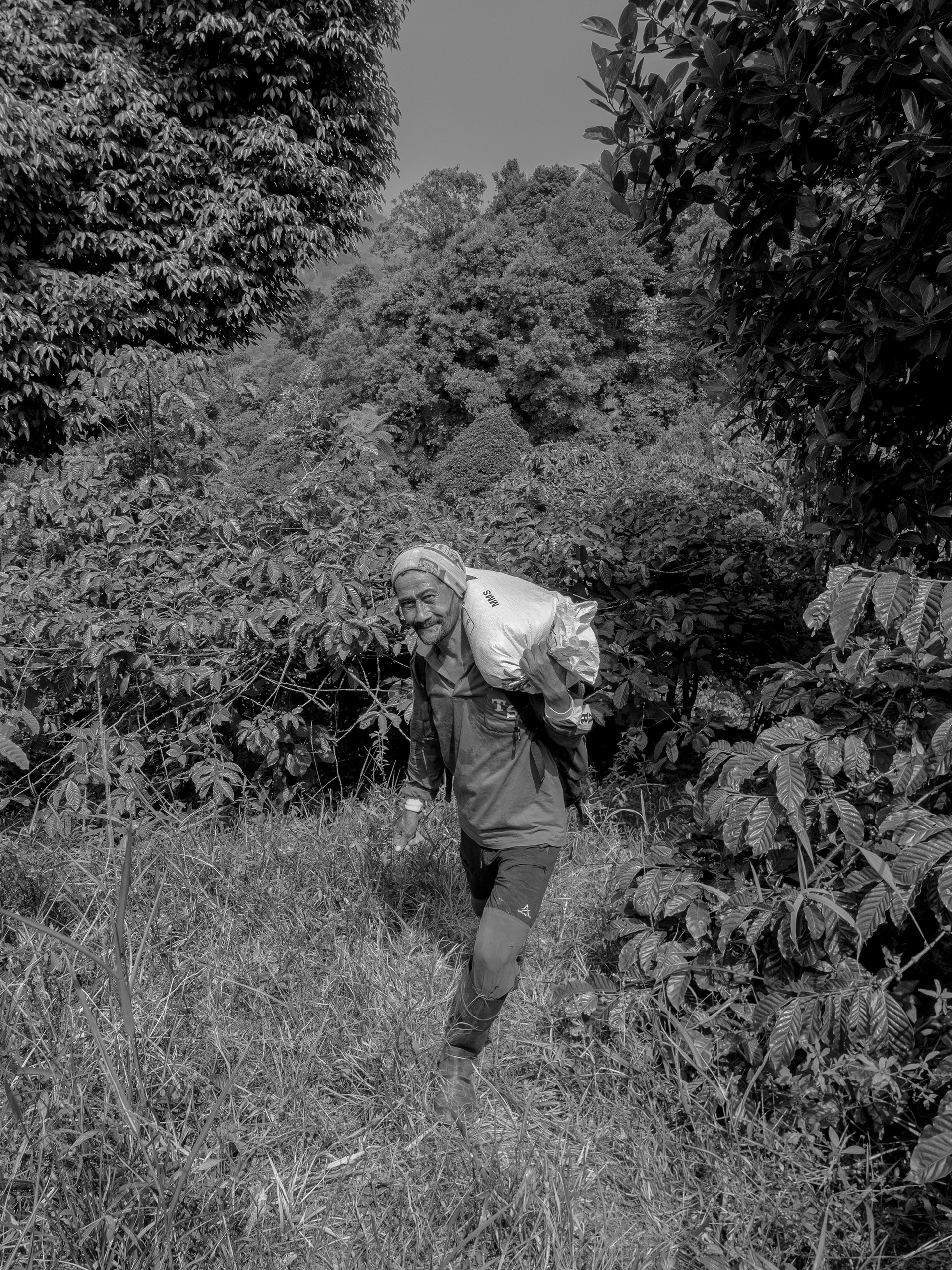
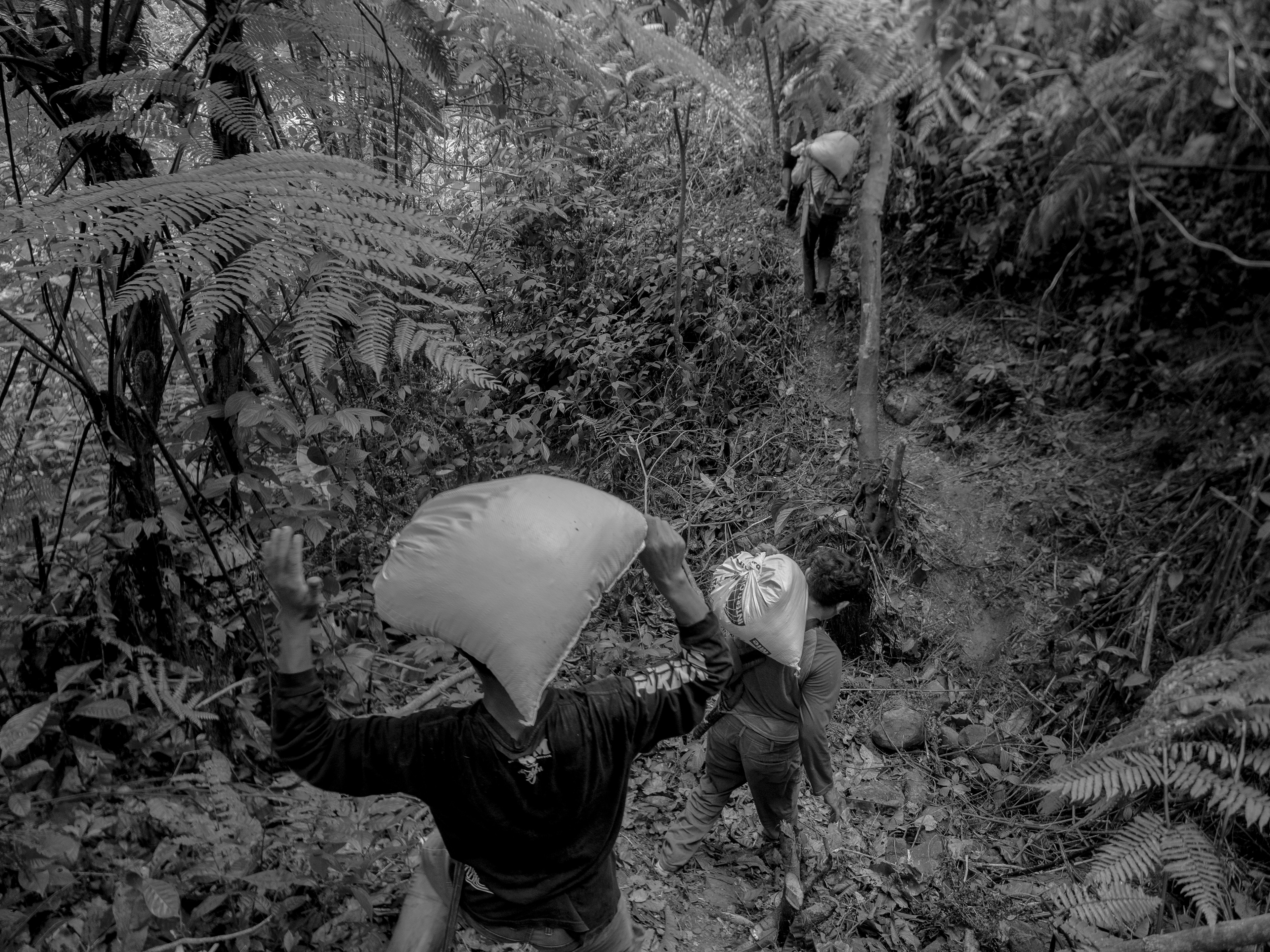
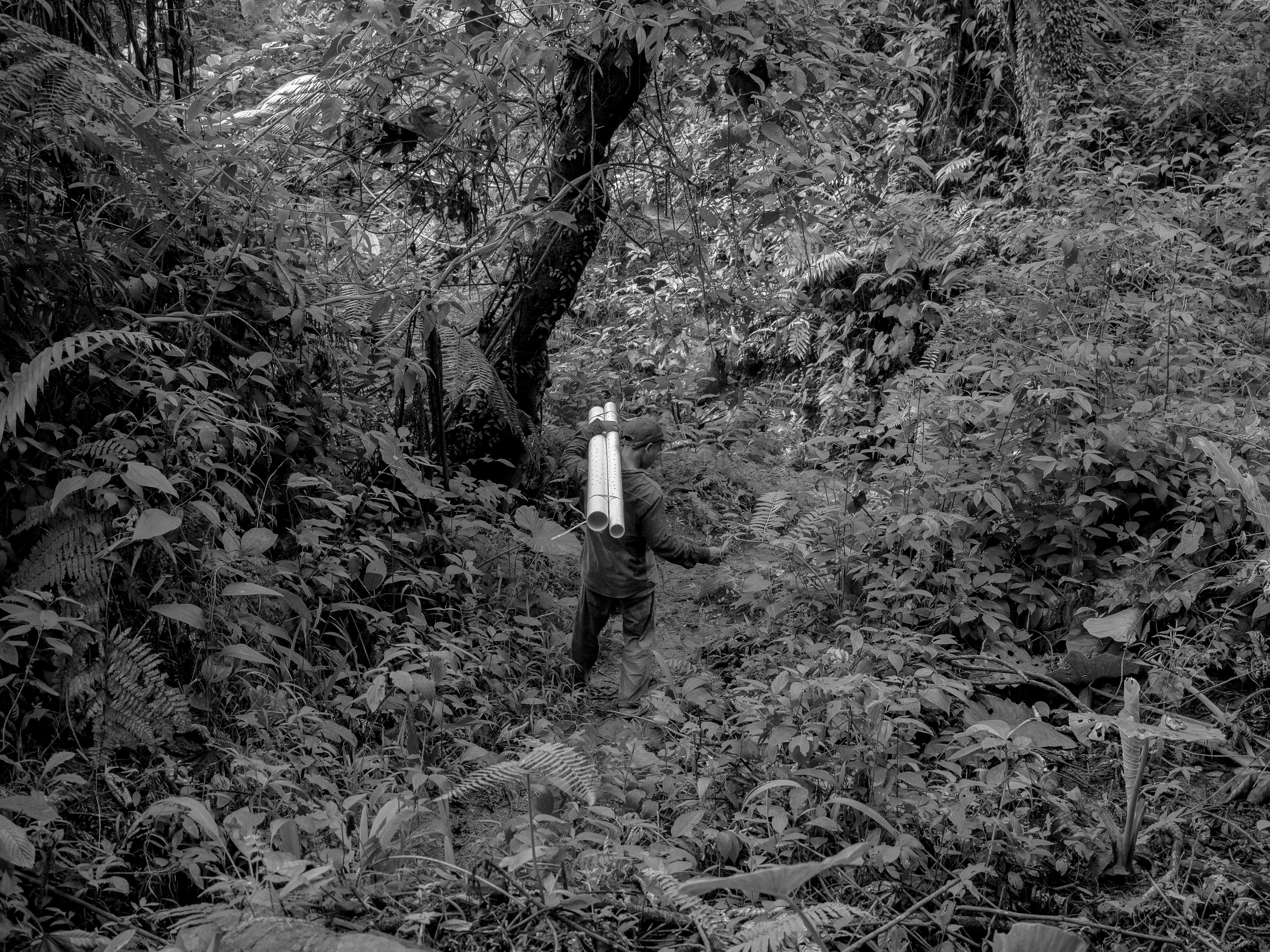
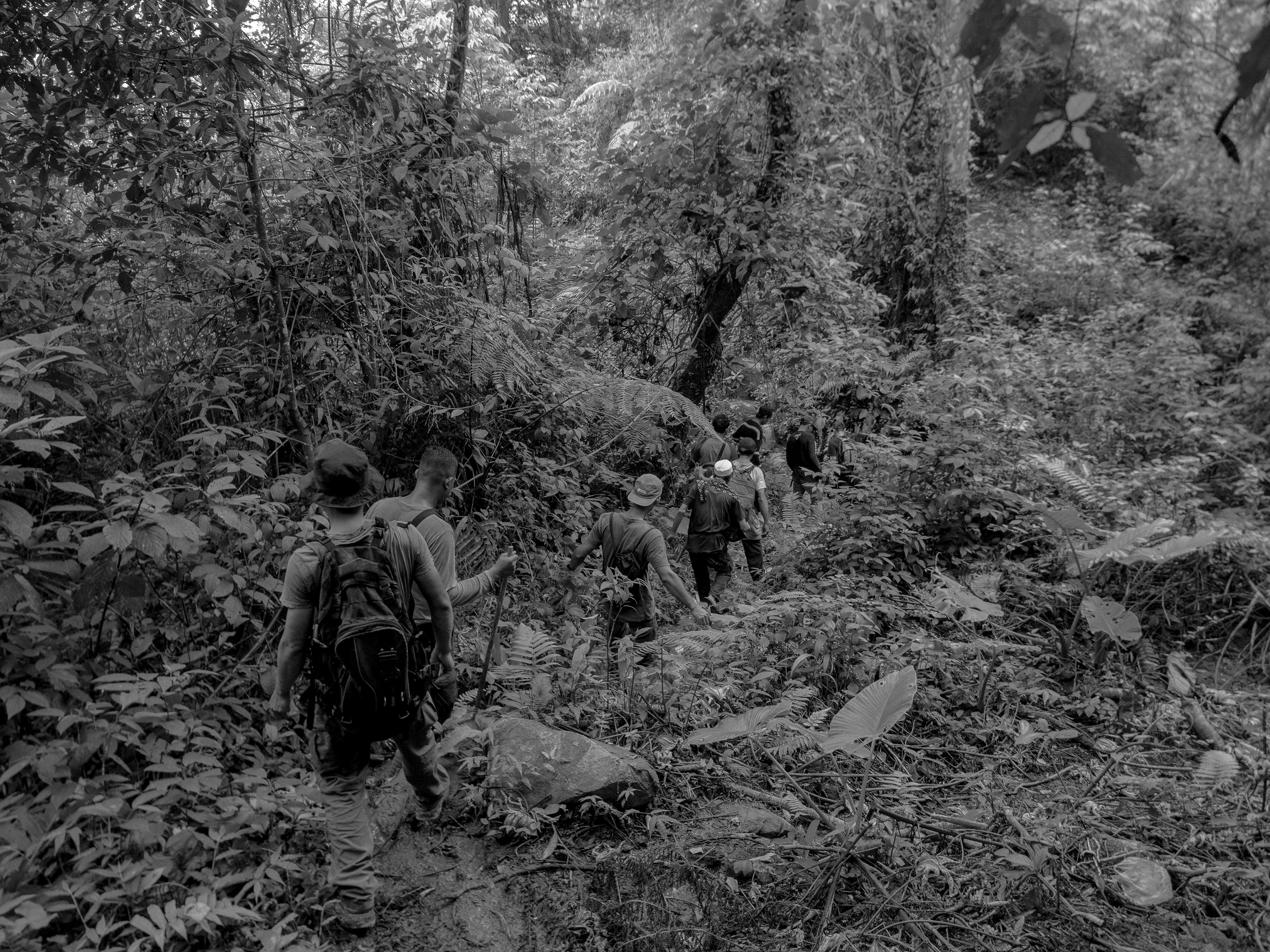
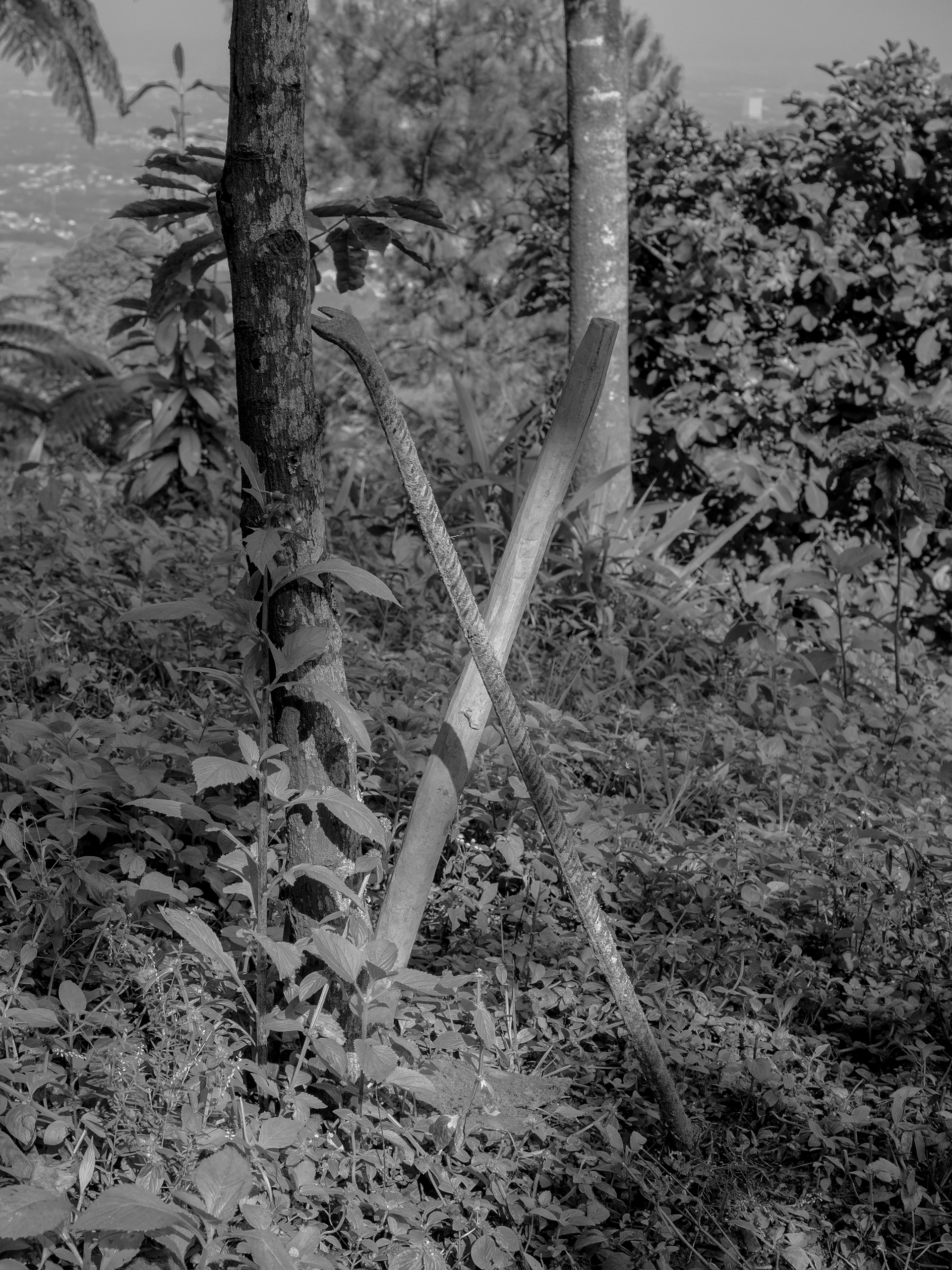
Under the leadership of Mr. Madi, who diligently allocated tasks each day, residents collaborated in preparing materials, constructing walls, and transporting heavy materials up the challenging Paniisan hill. The steep and slippery terrain posed the greatest challenge, making the transportation of materials particularly arduous.
"I remained spirited despite the numerous challenges on the road and moments of despair. I knew this effort would have a profound impact on our families and our community" said Madi.
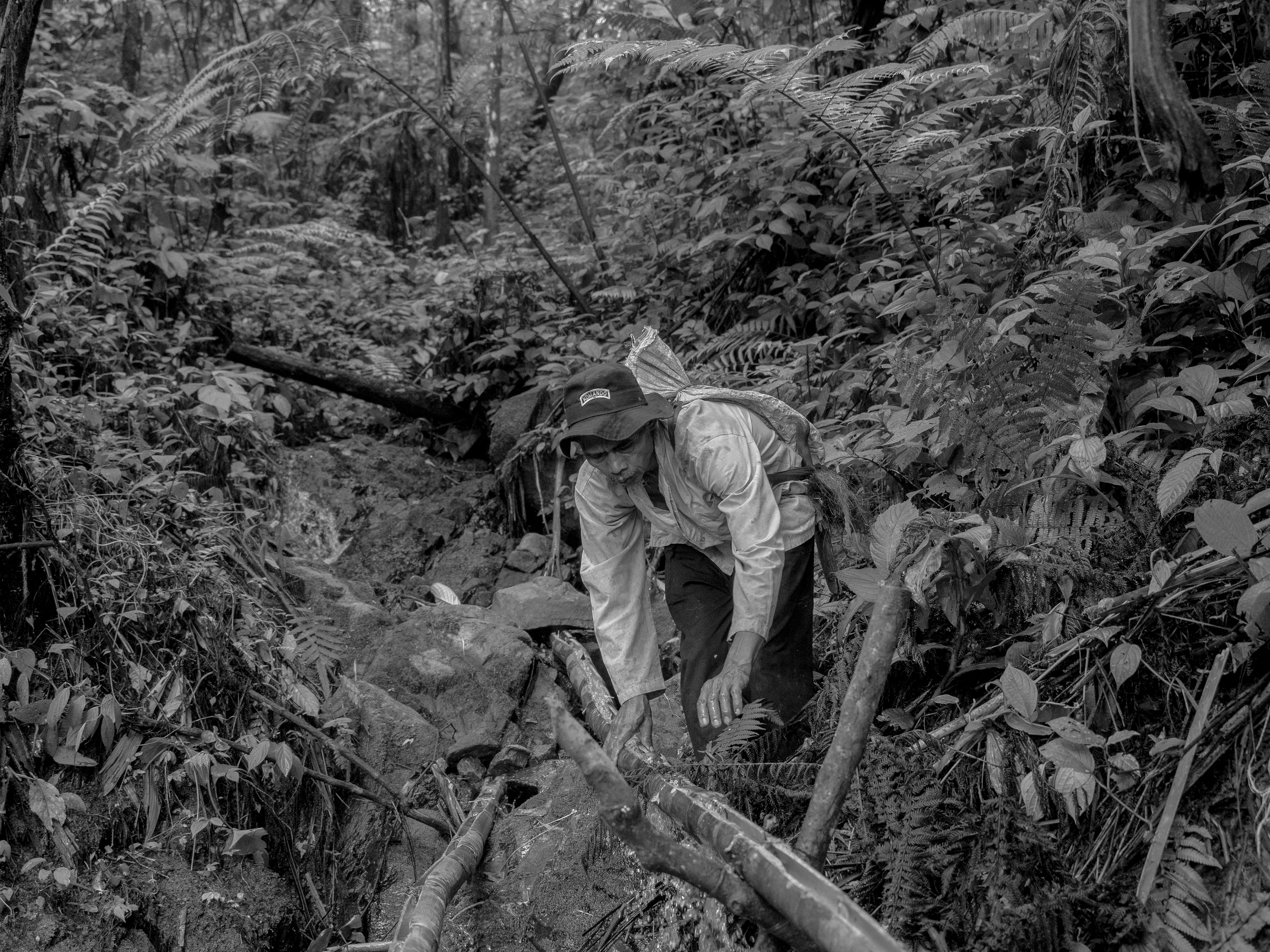
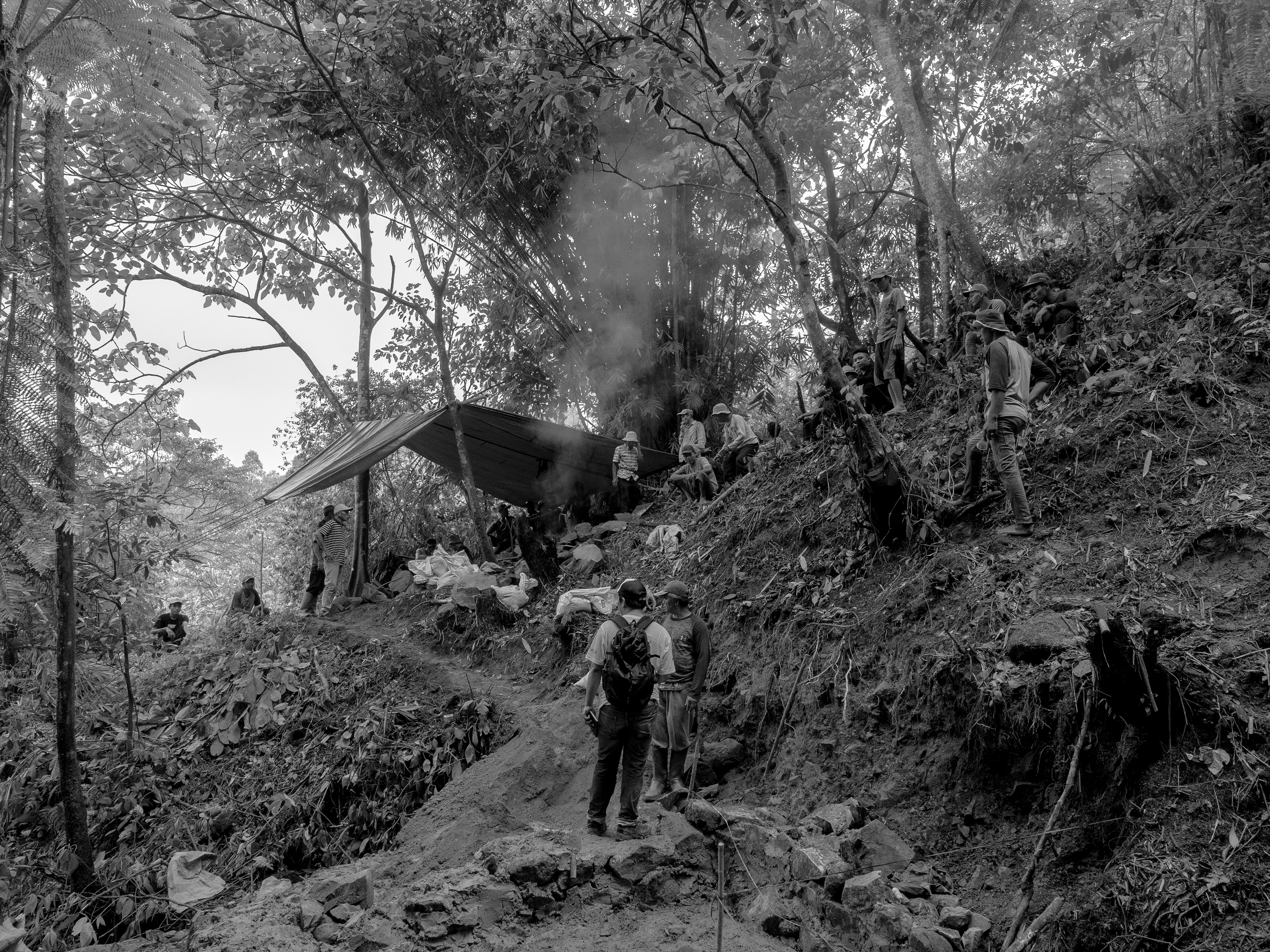
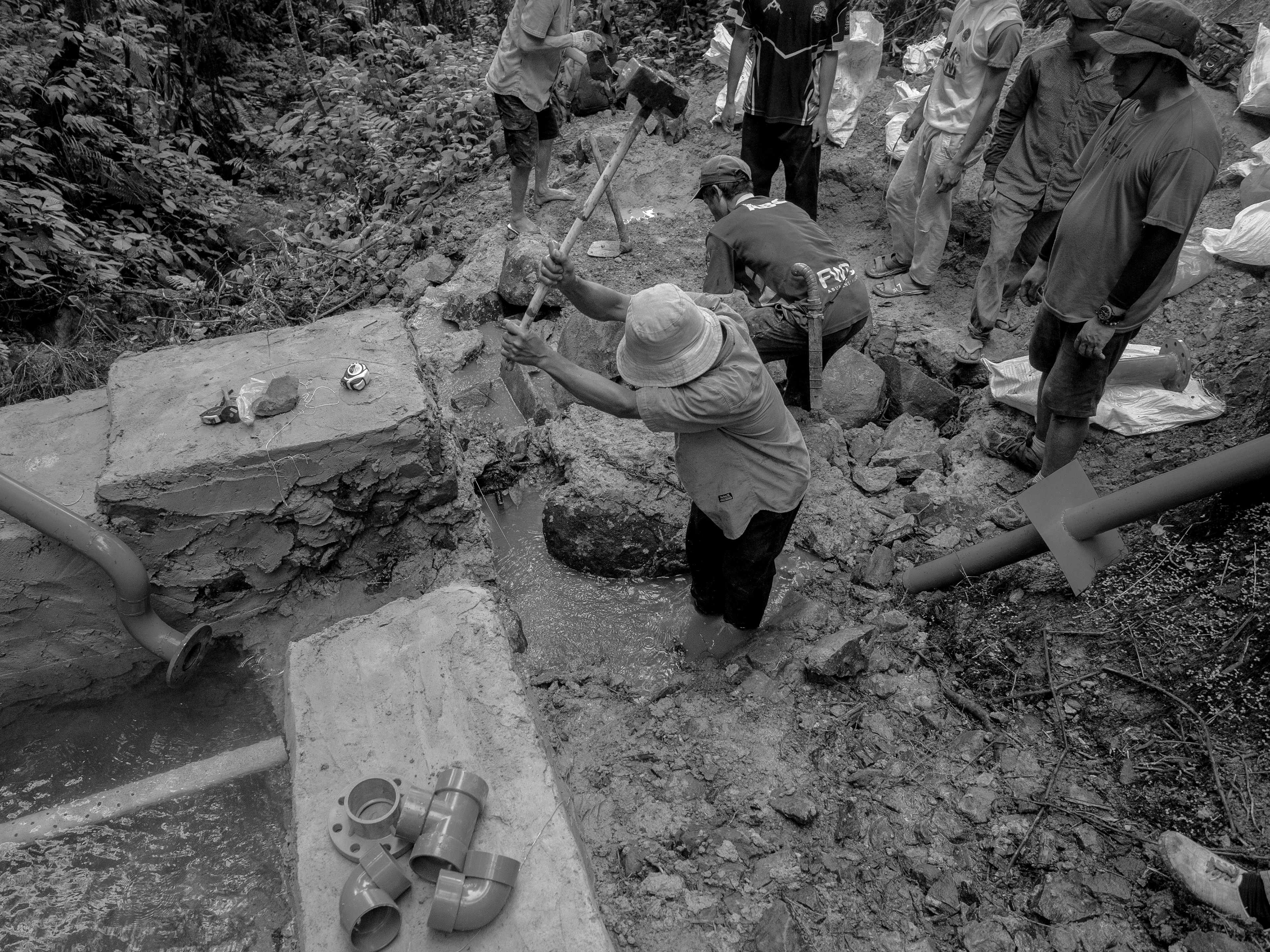
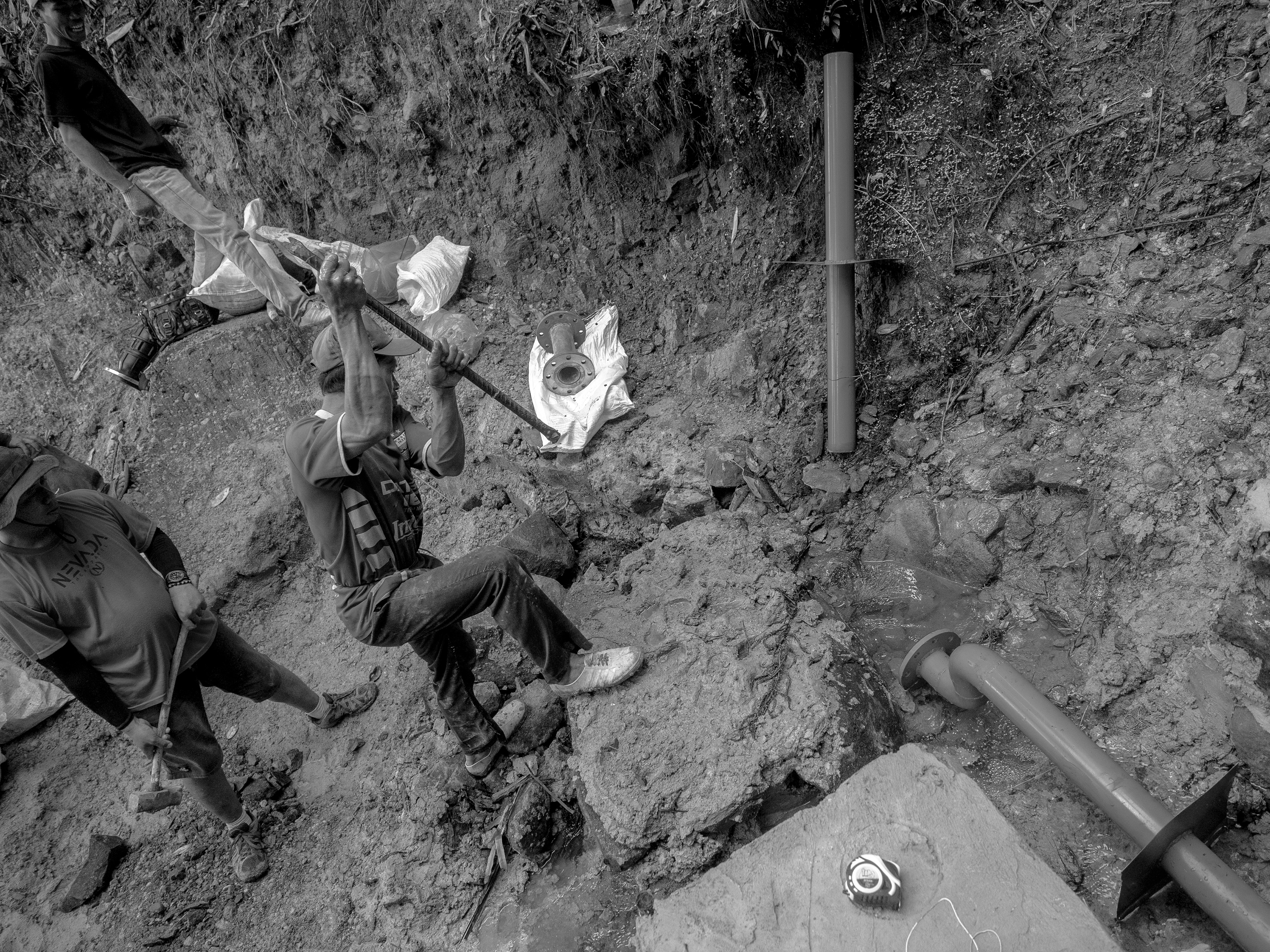
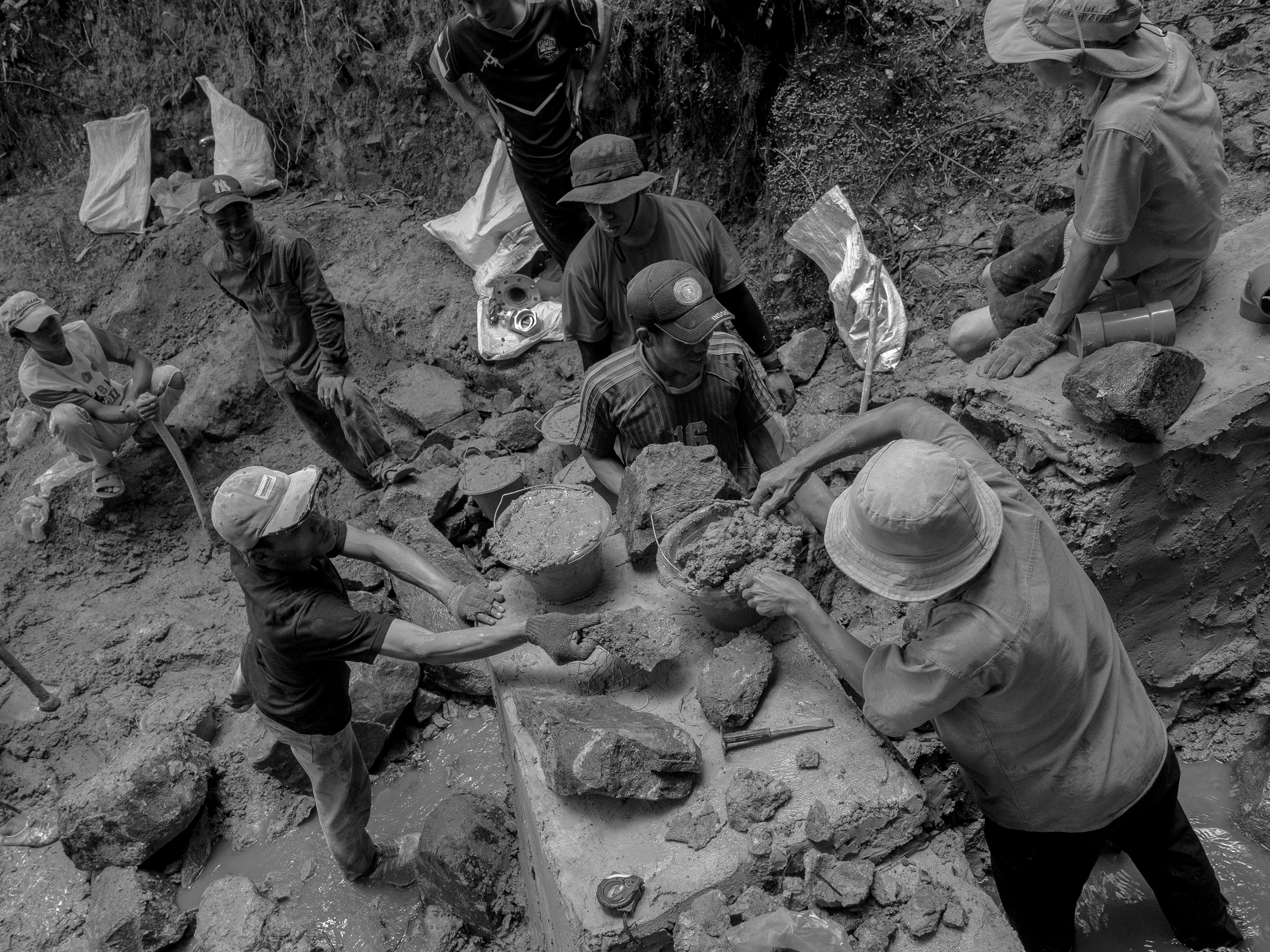
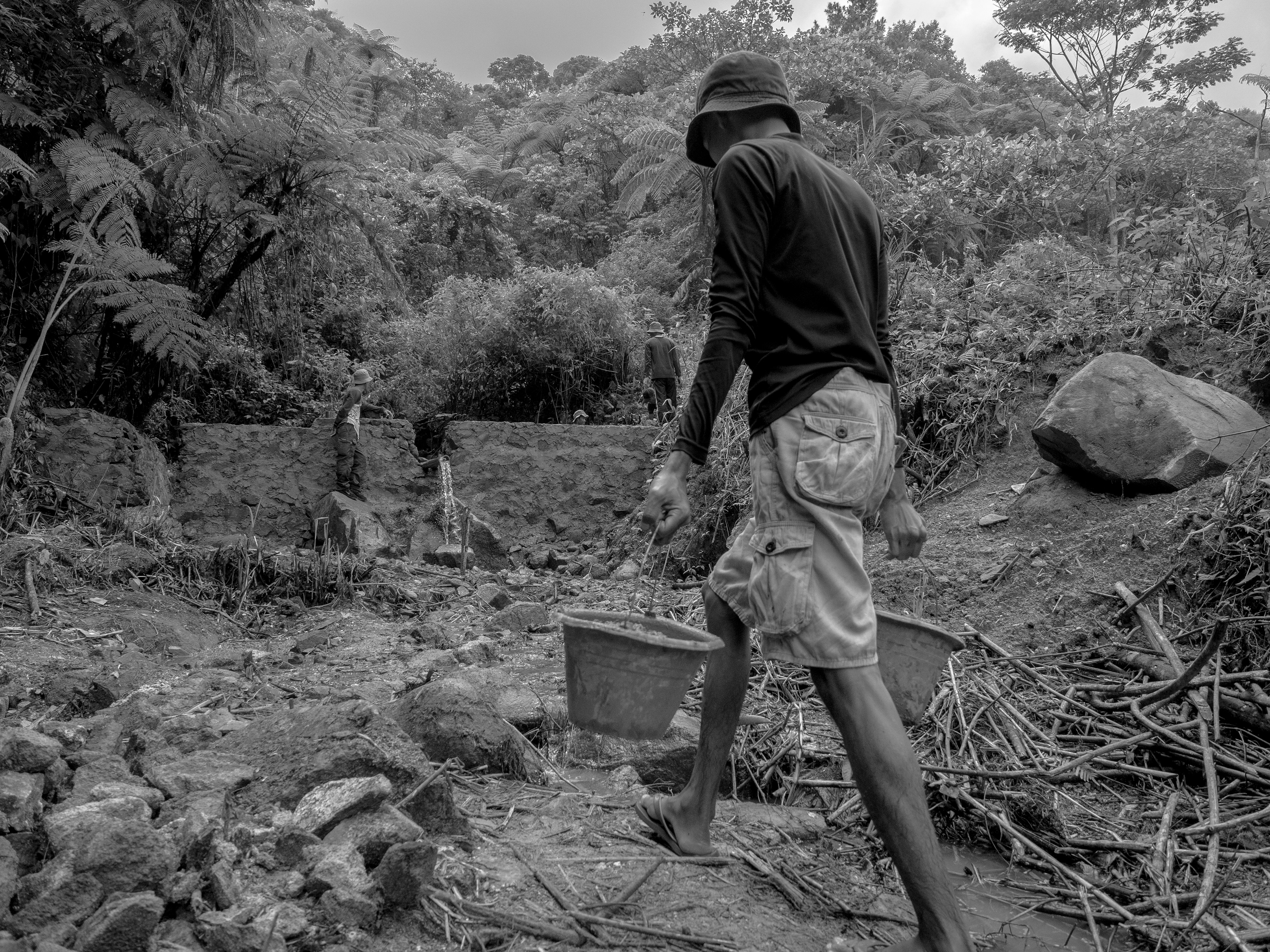
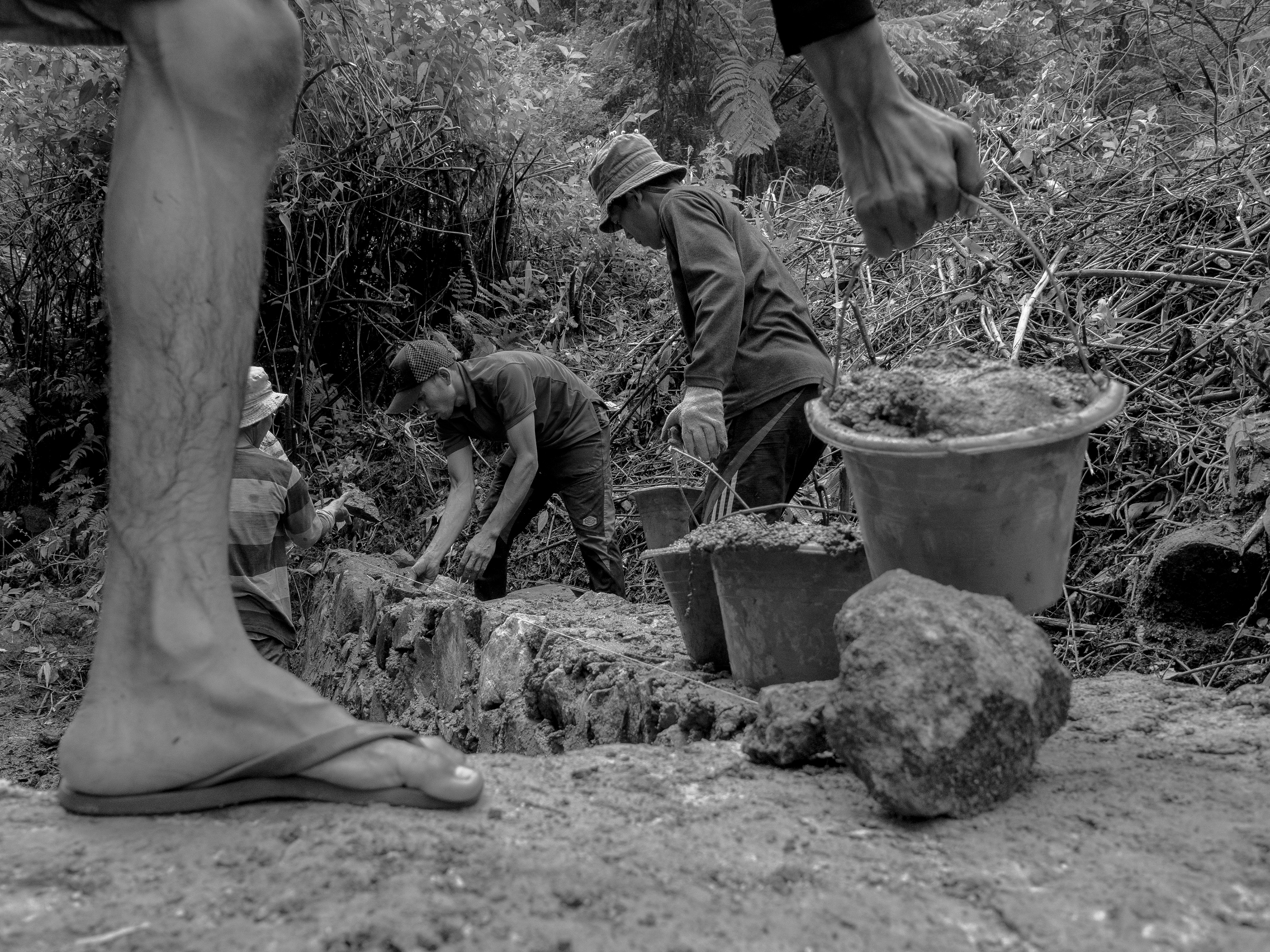
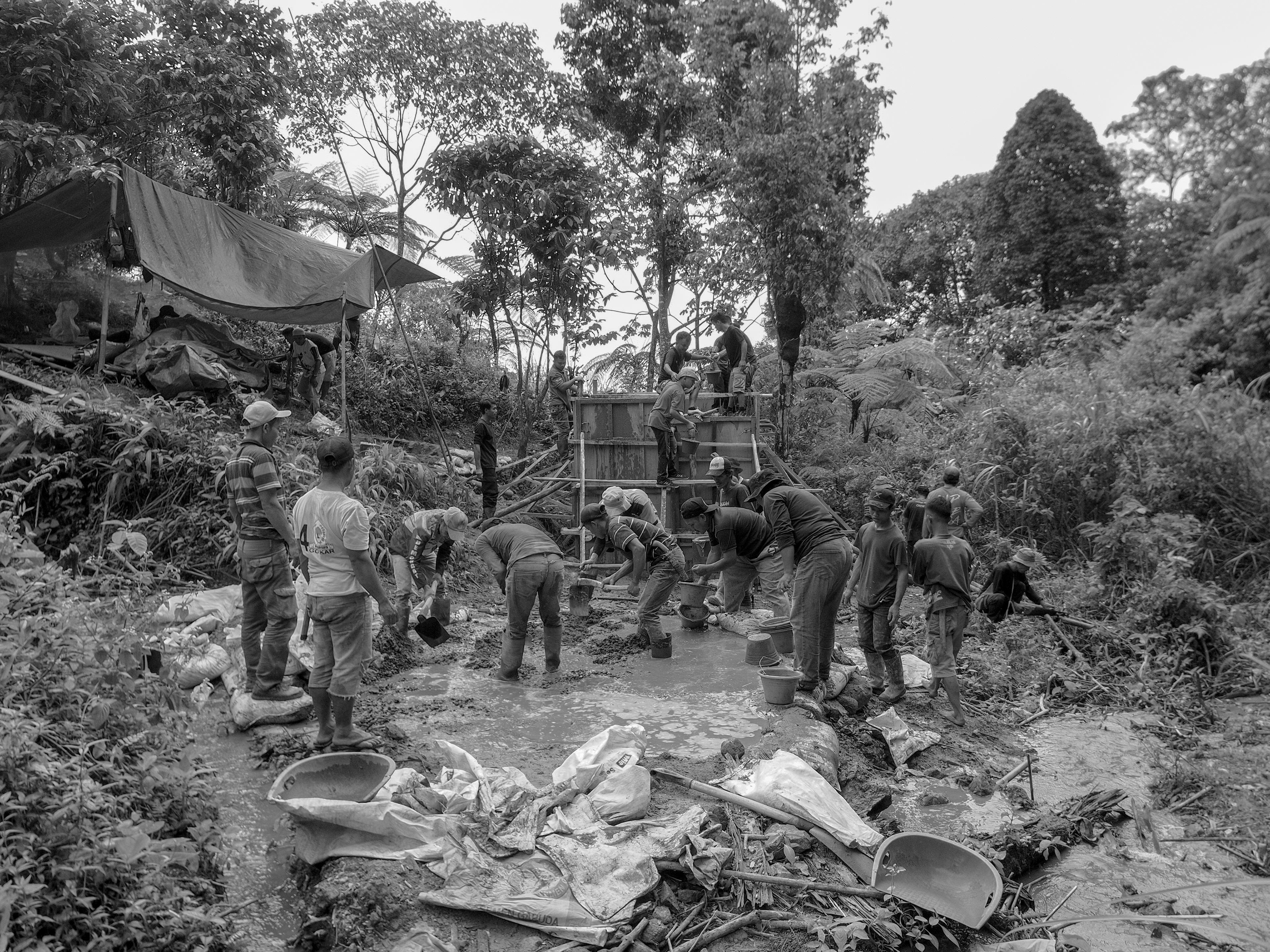
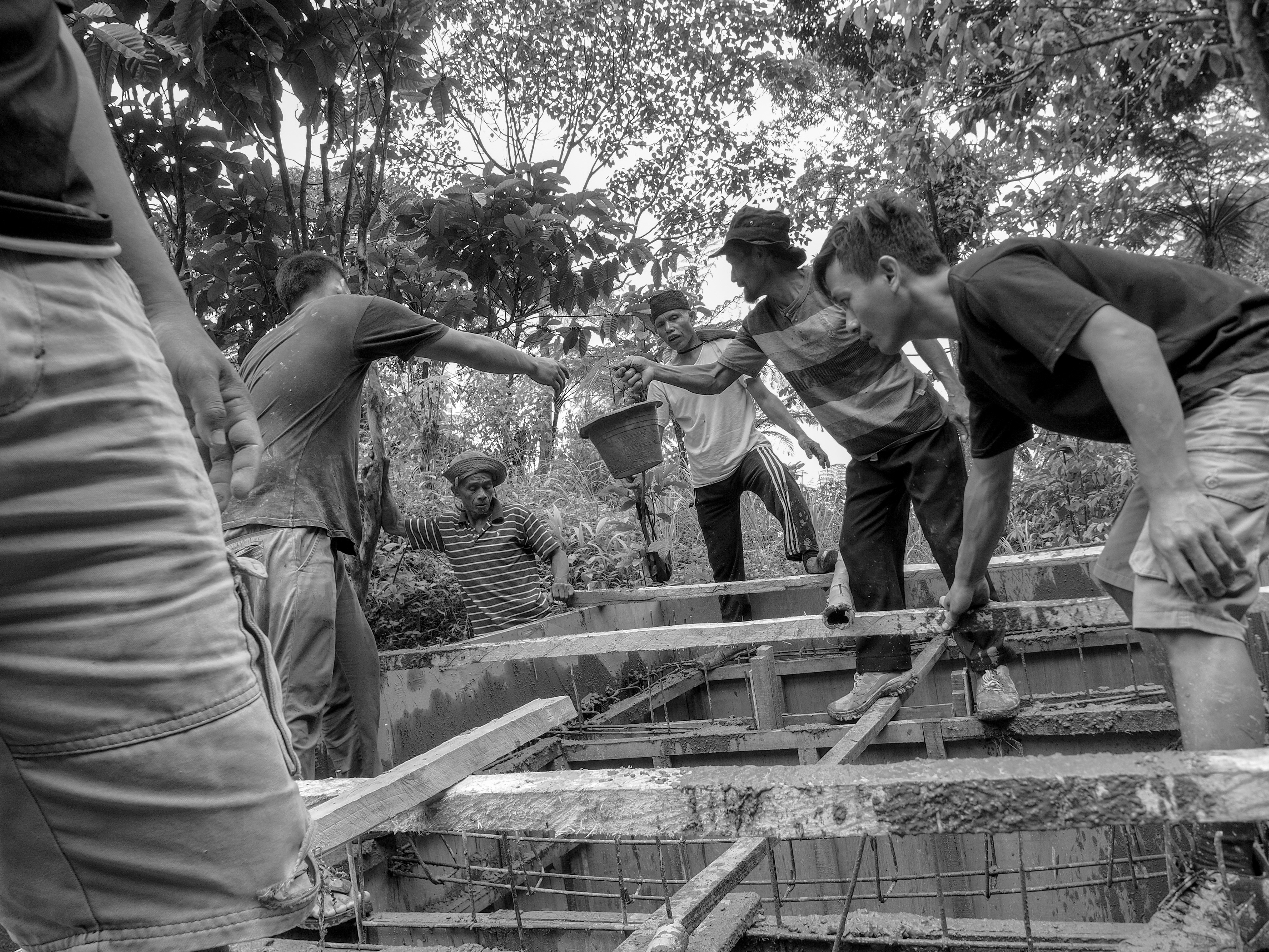
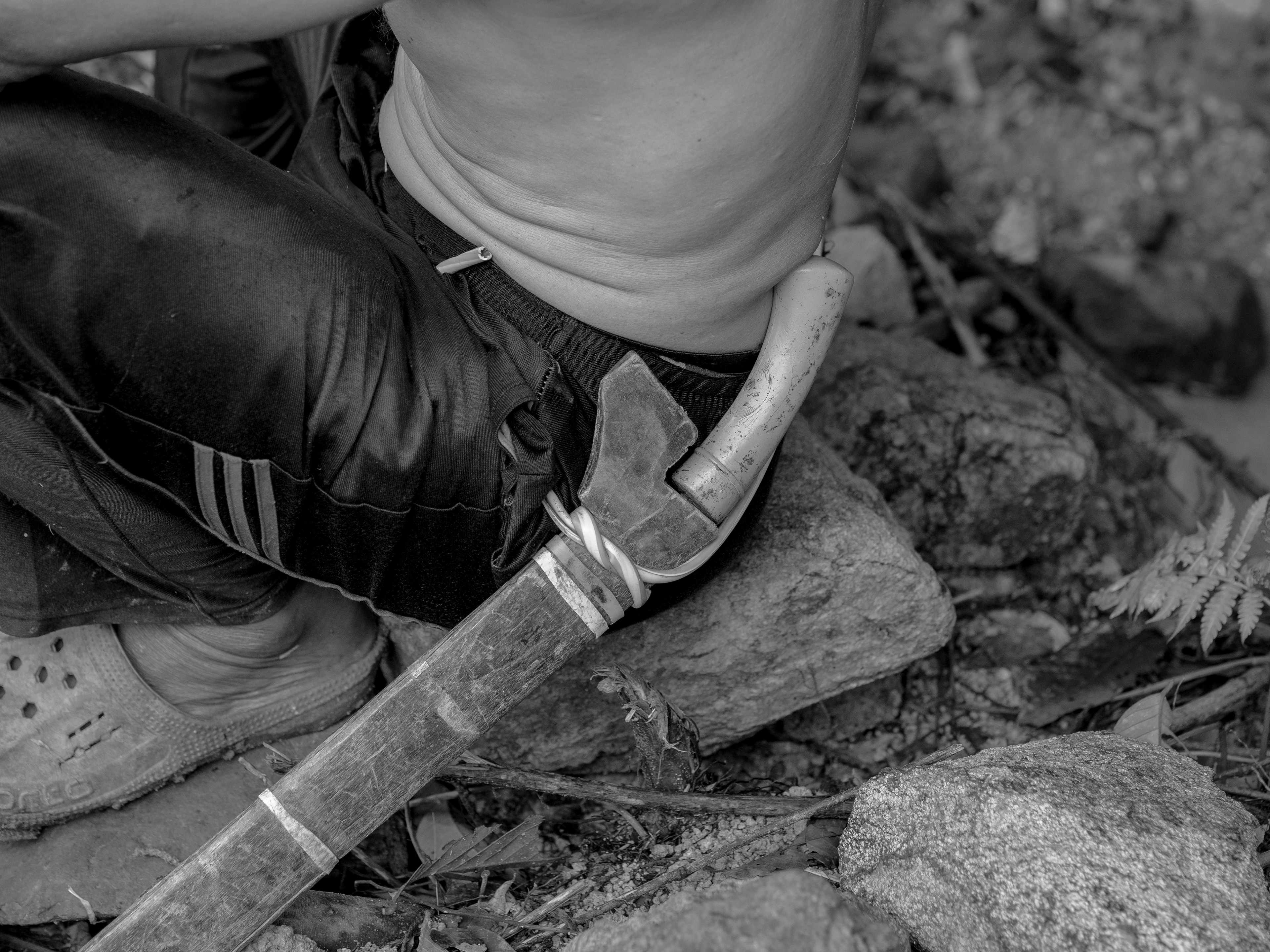
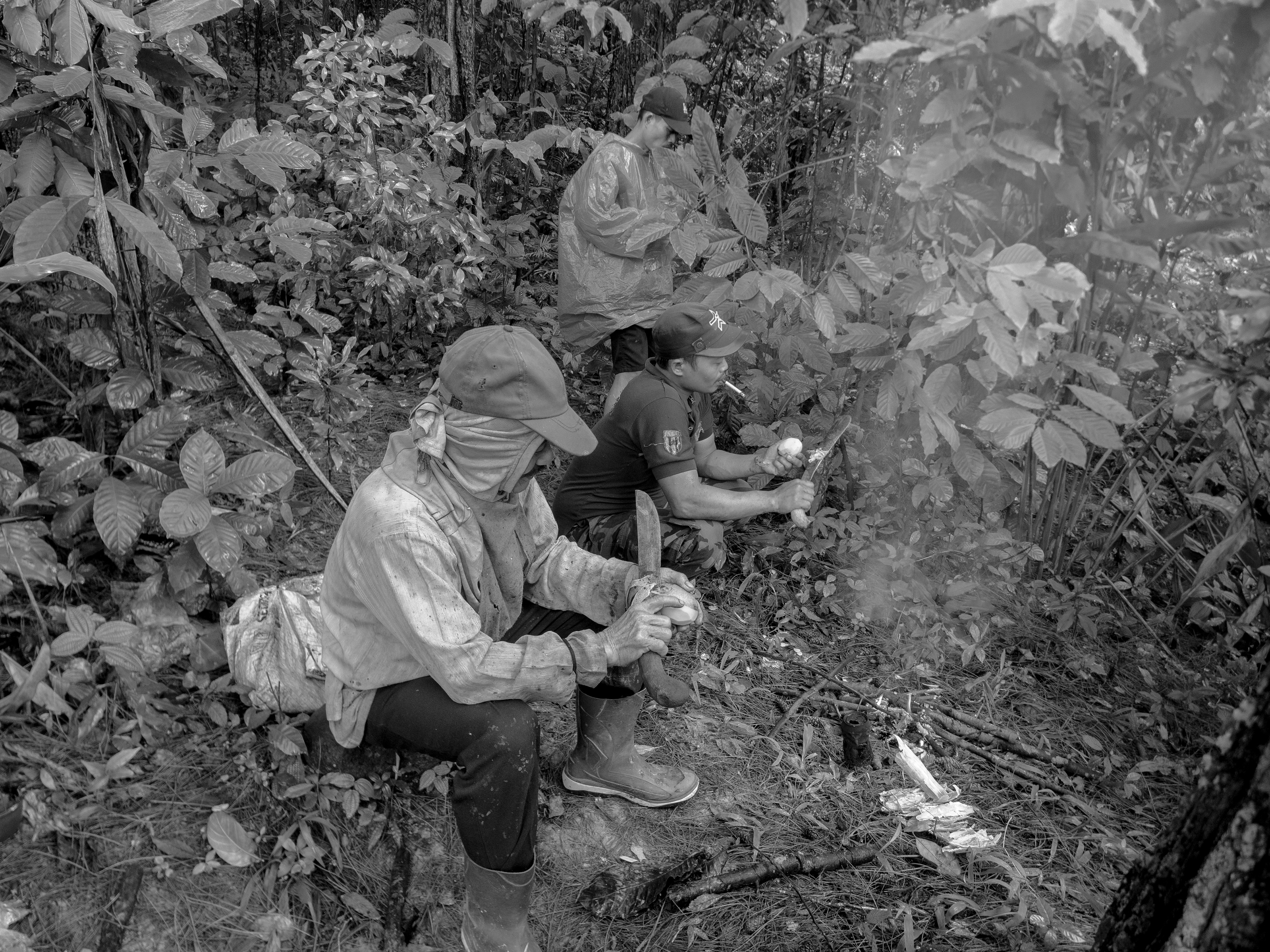
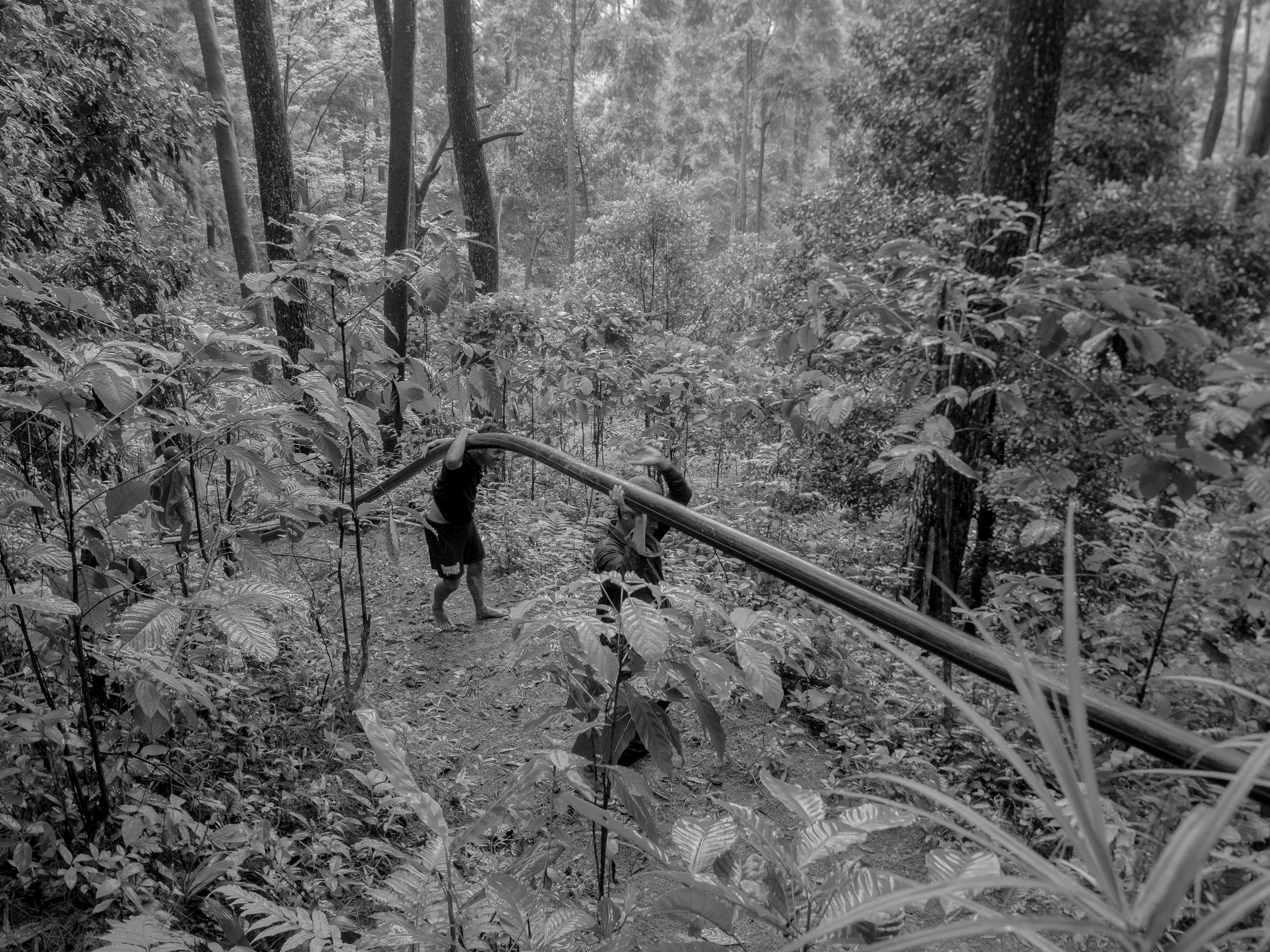
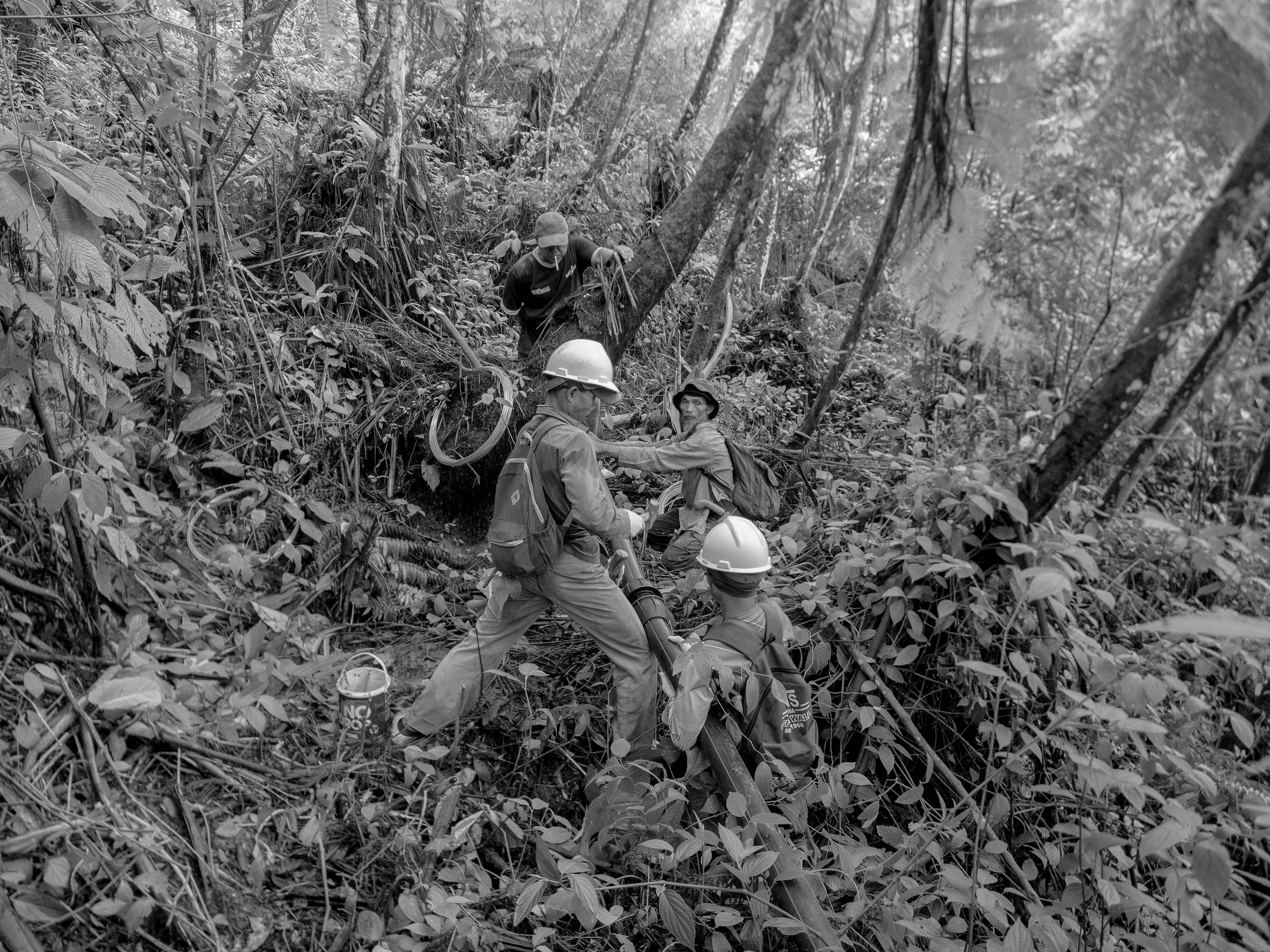
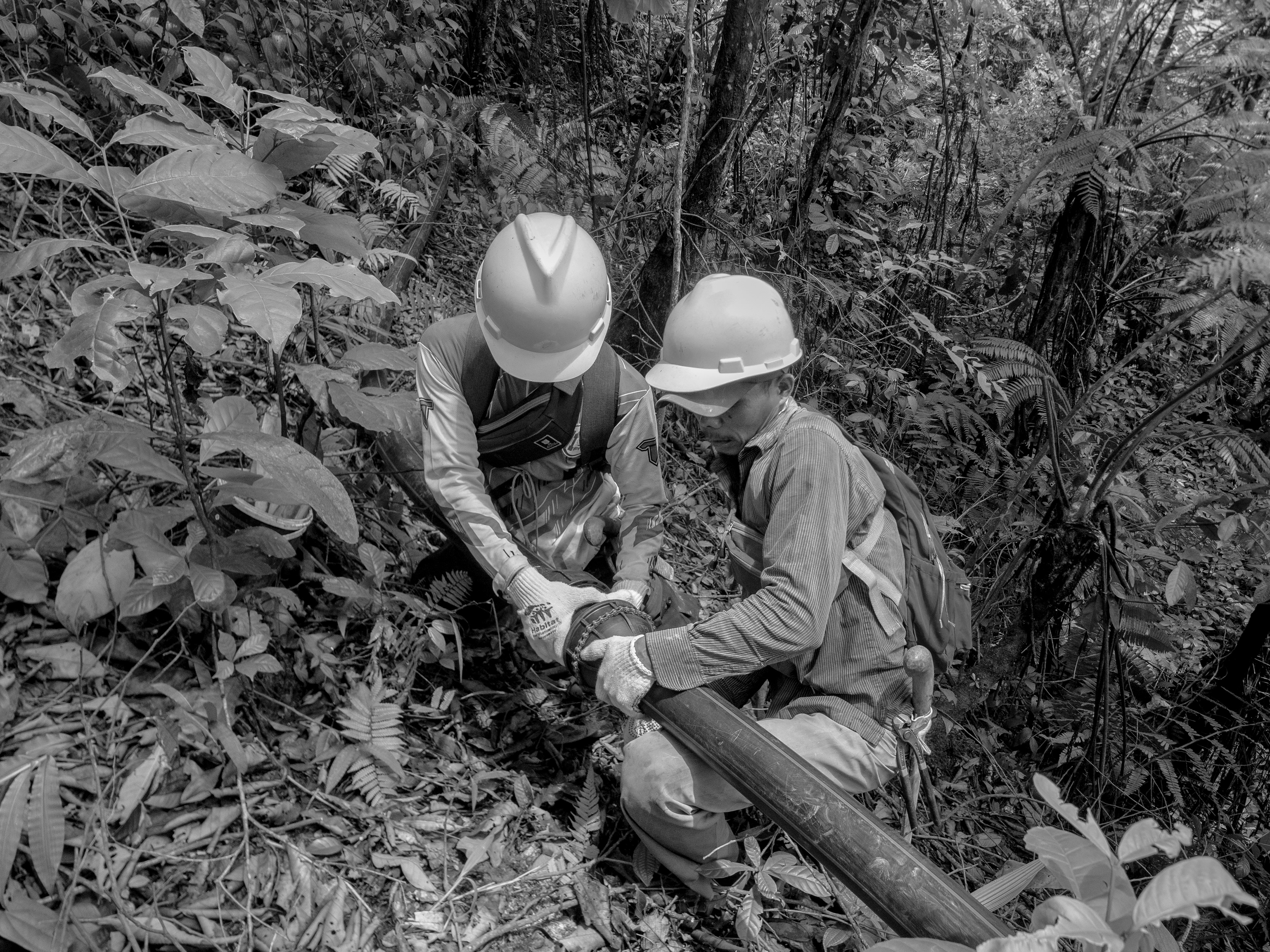
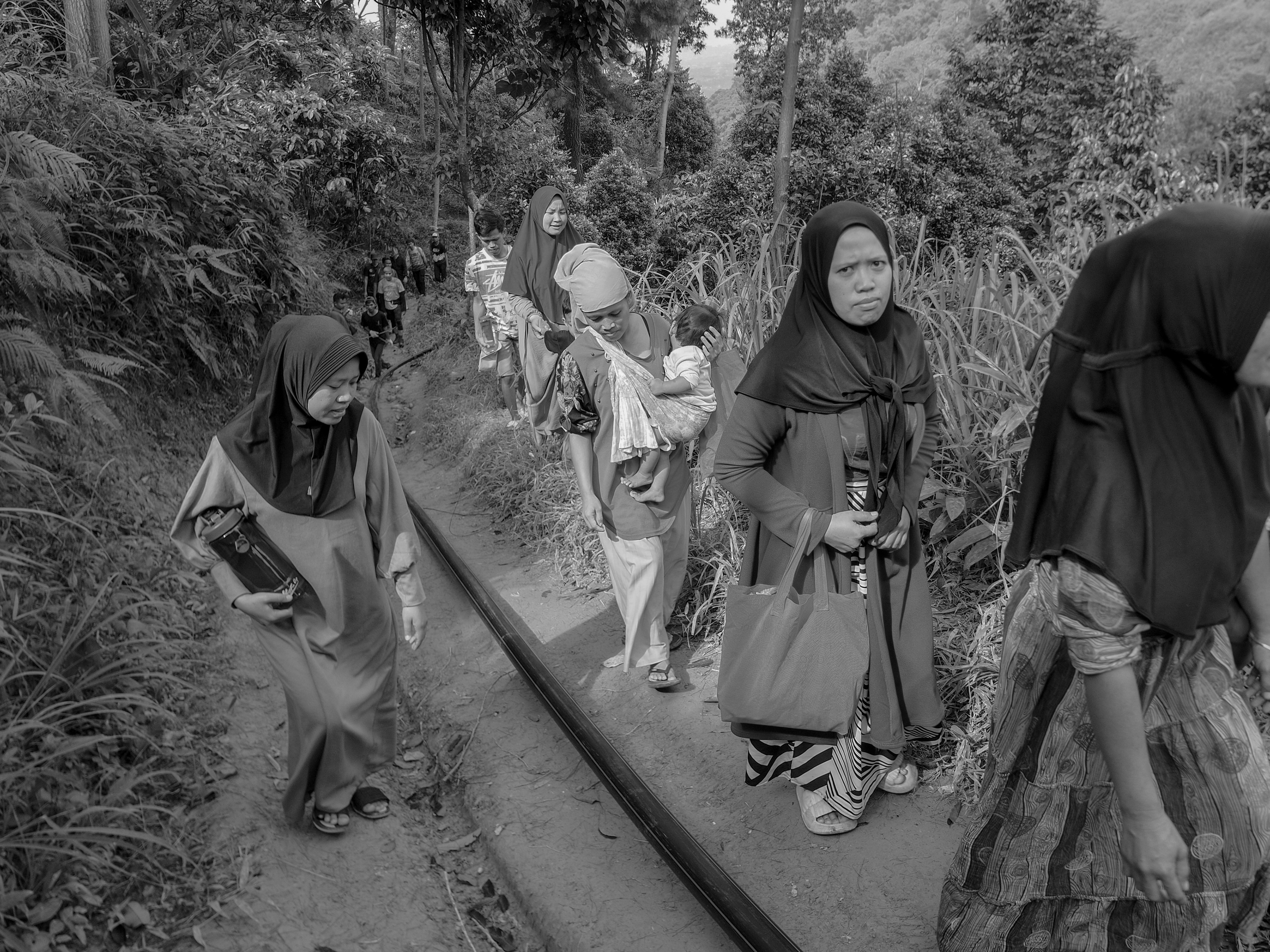
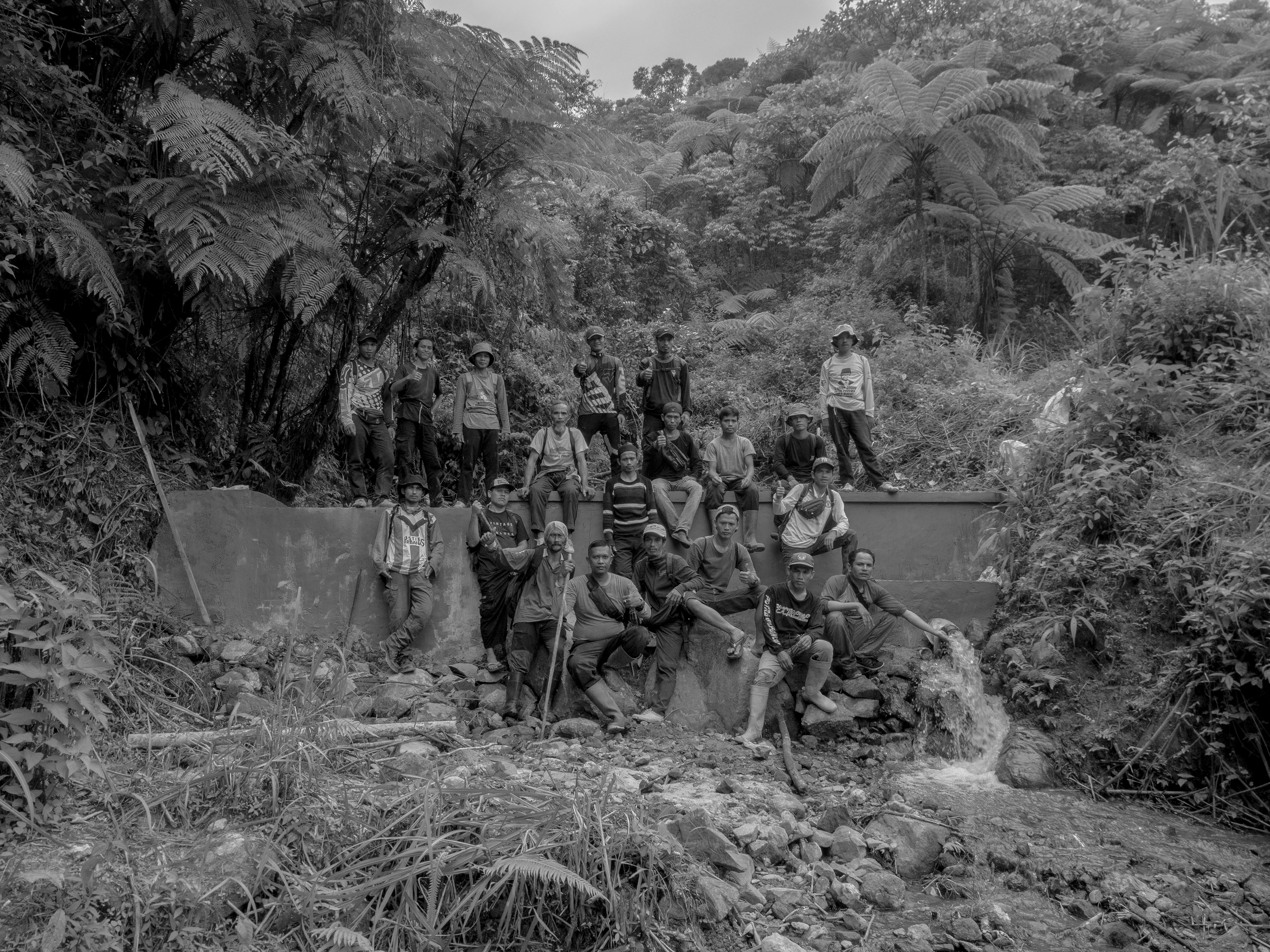
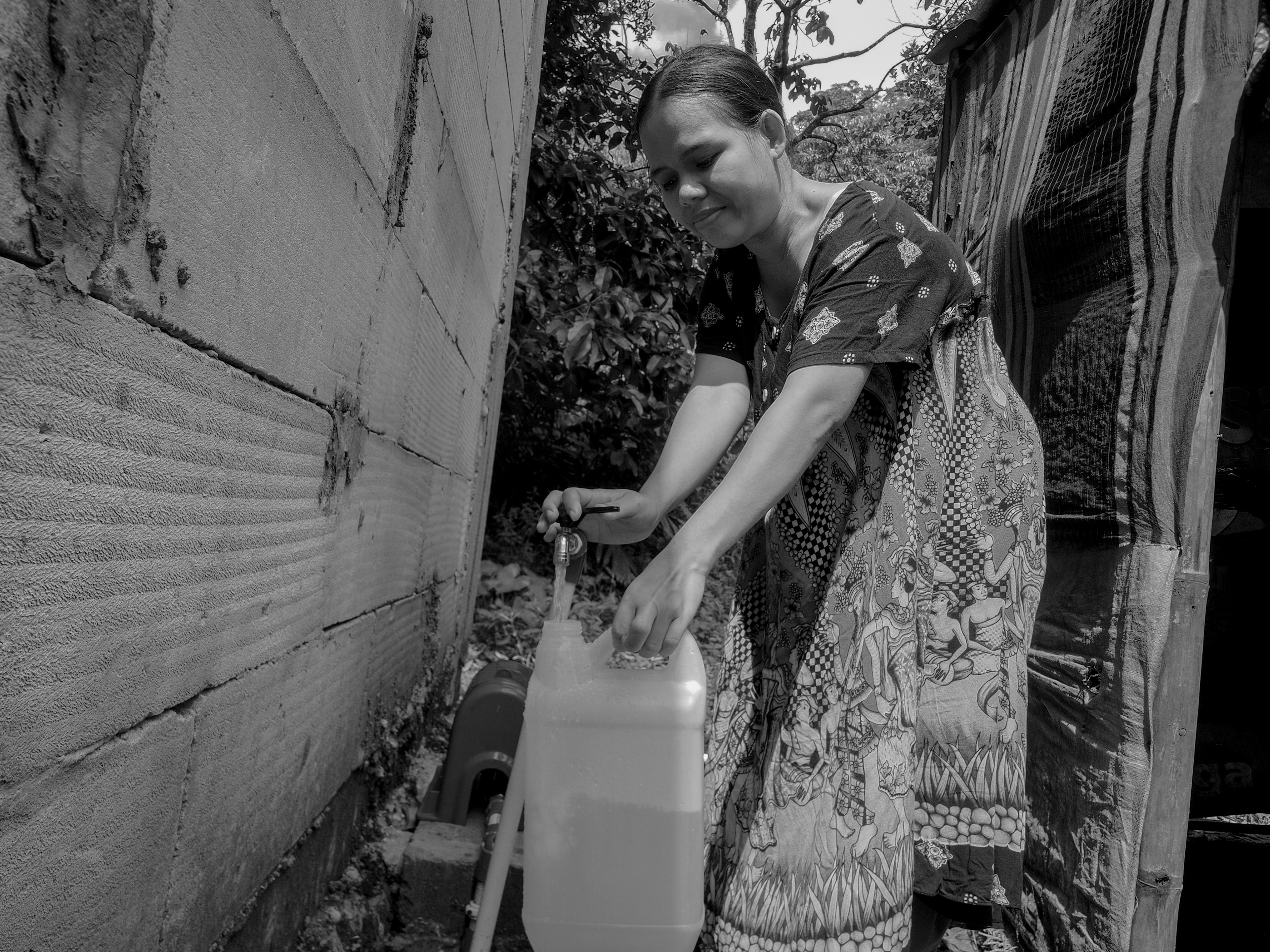
Visuals from the project reveal residents united in overcoming rugged terrain, supporting each other through every stage of construction. Today, the entire Cimandala community can feel the positive impact of their collective efforts. With the newly built clean water facilities, they have not only addressed their immediate water crisis but also reinforced their sense of solidarity and unity. Every drop of water flowing symbolizes the hard work and communal spirit that has profoundly transformed their lives.
Disclaimer: These photos have been approved by all parties involved. The project is fully supported by Habitat for Humanity Indonesia Foundation.